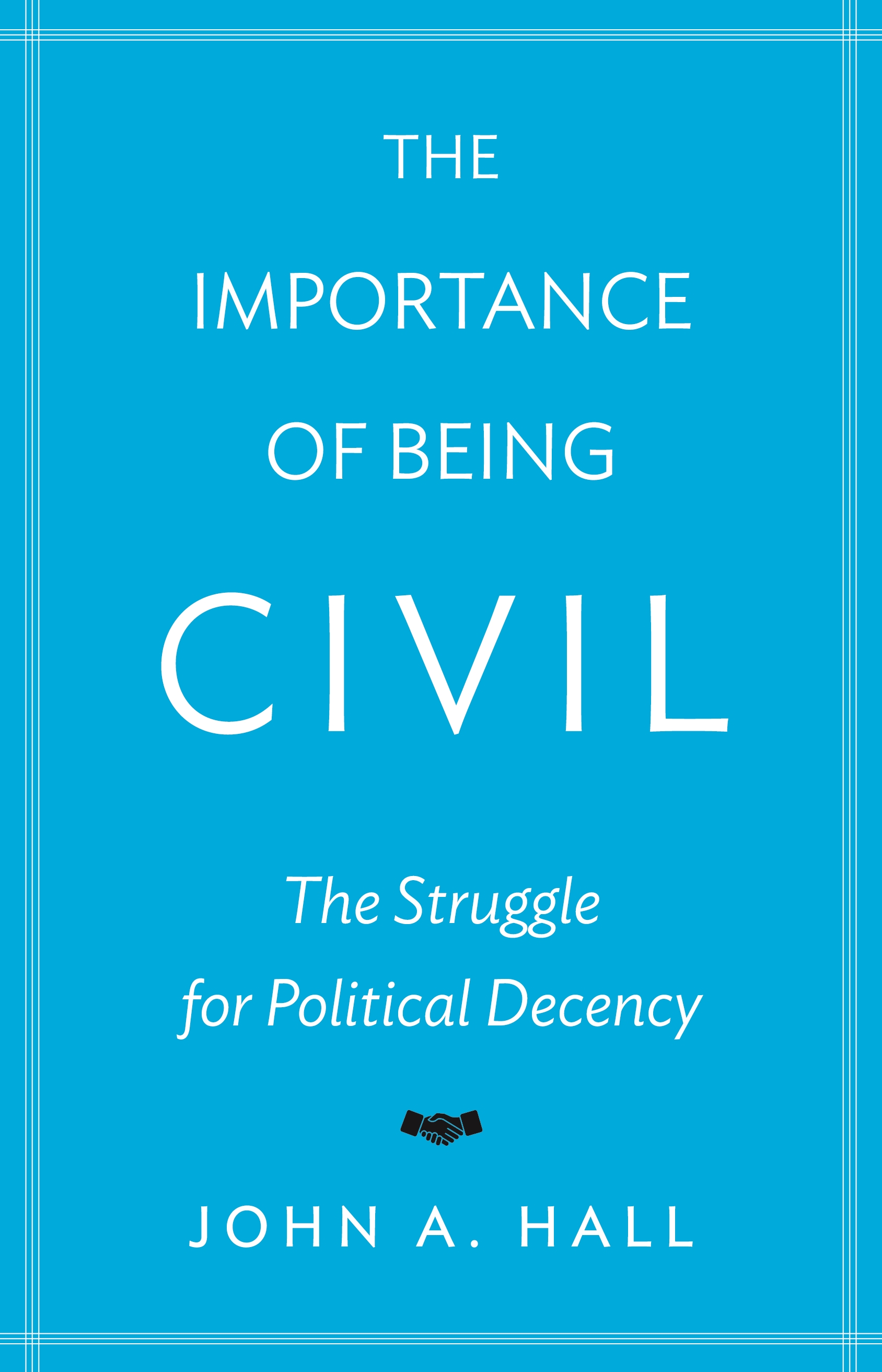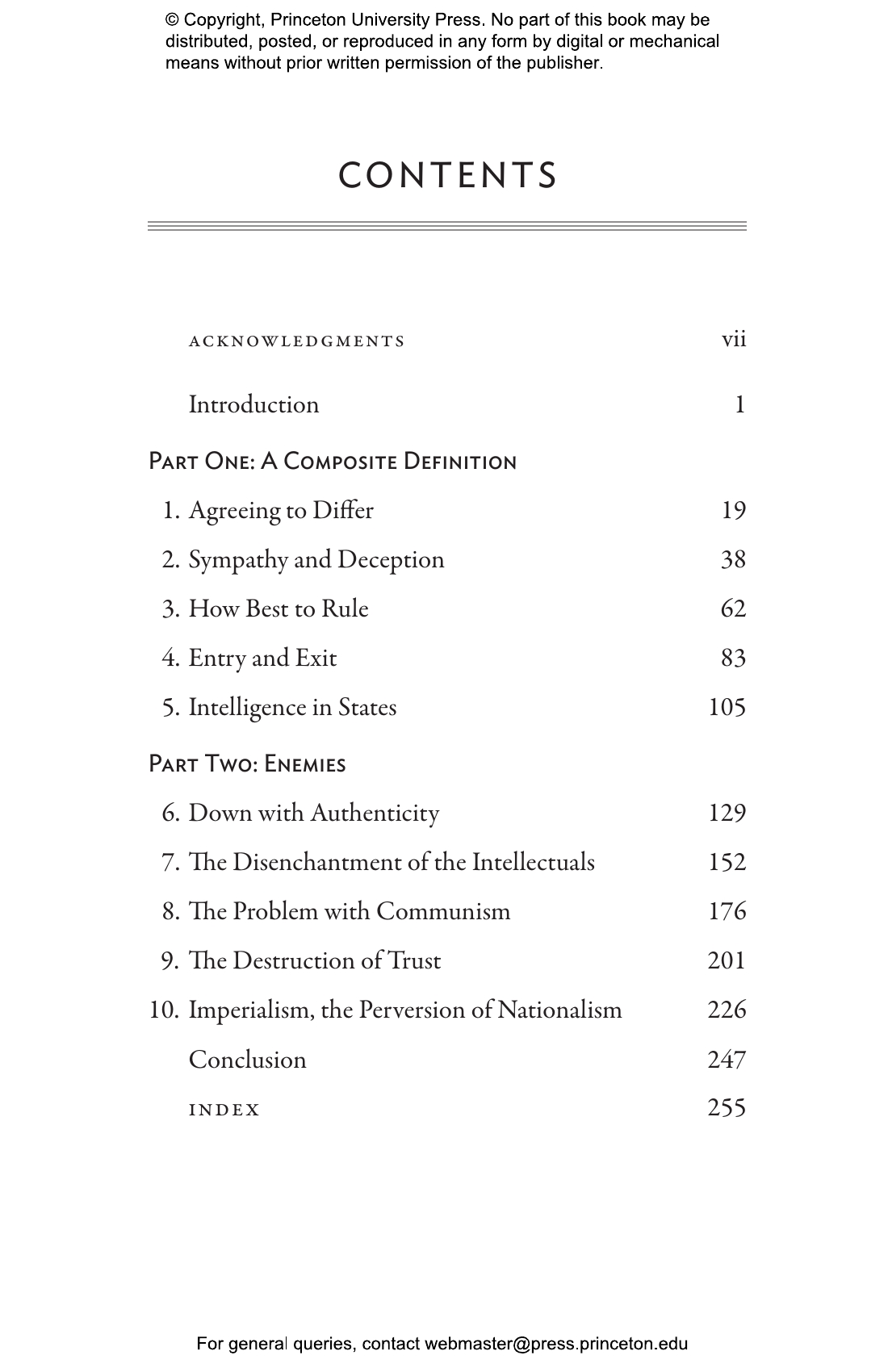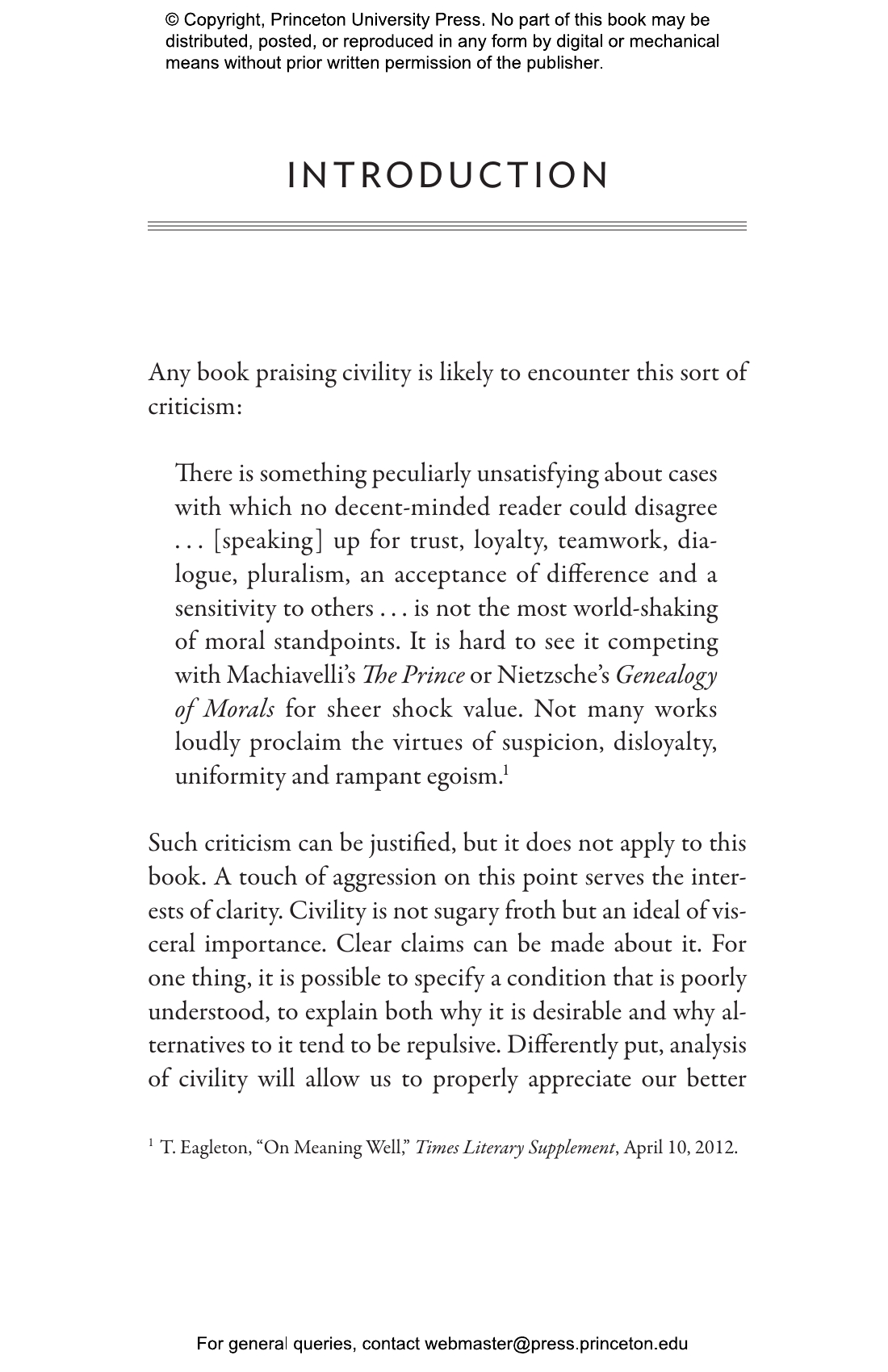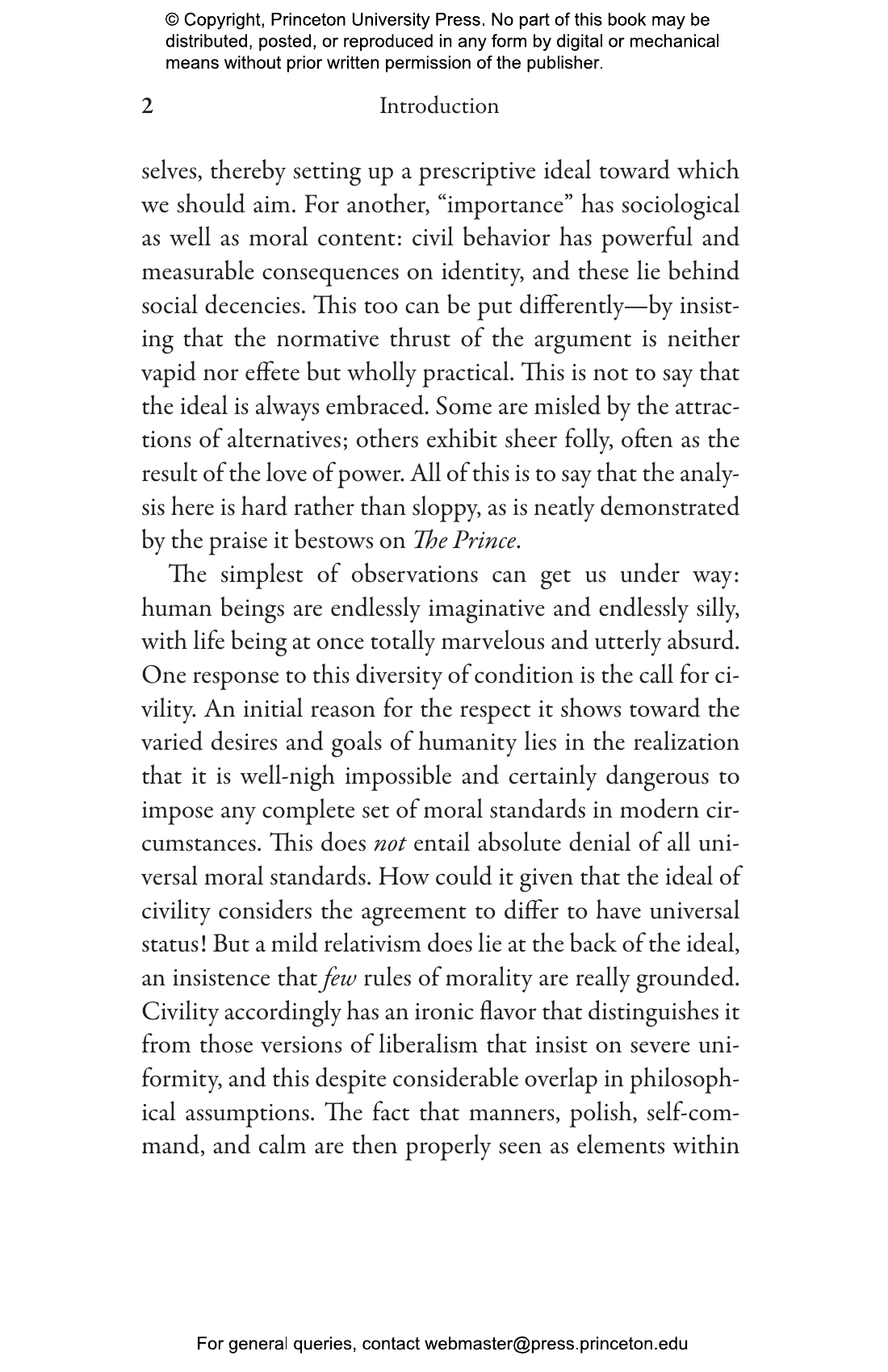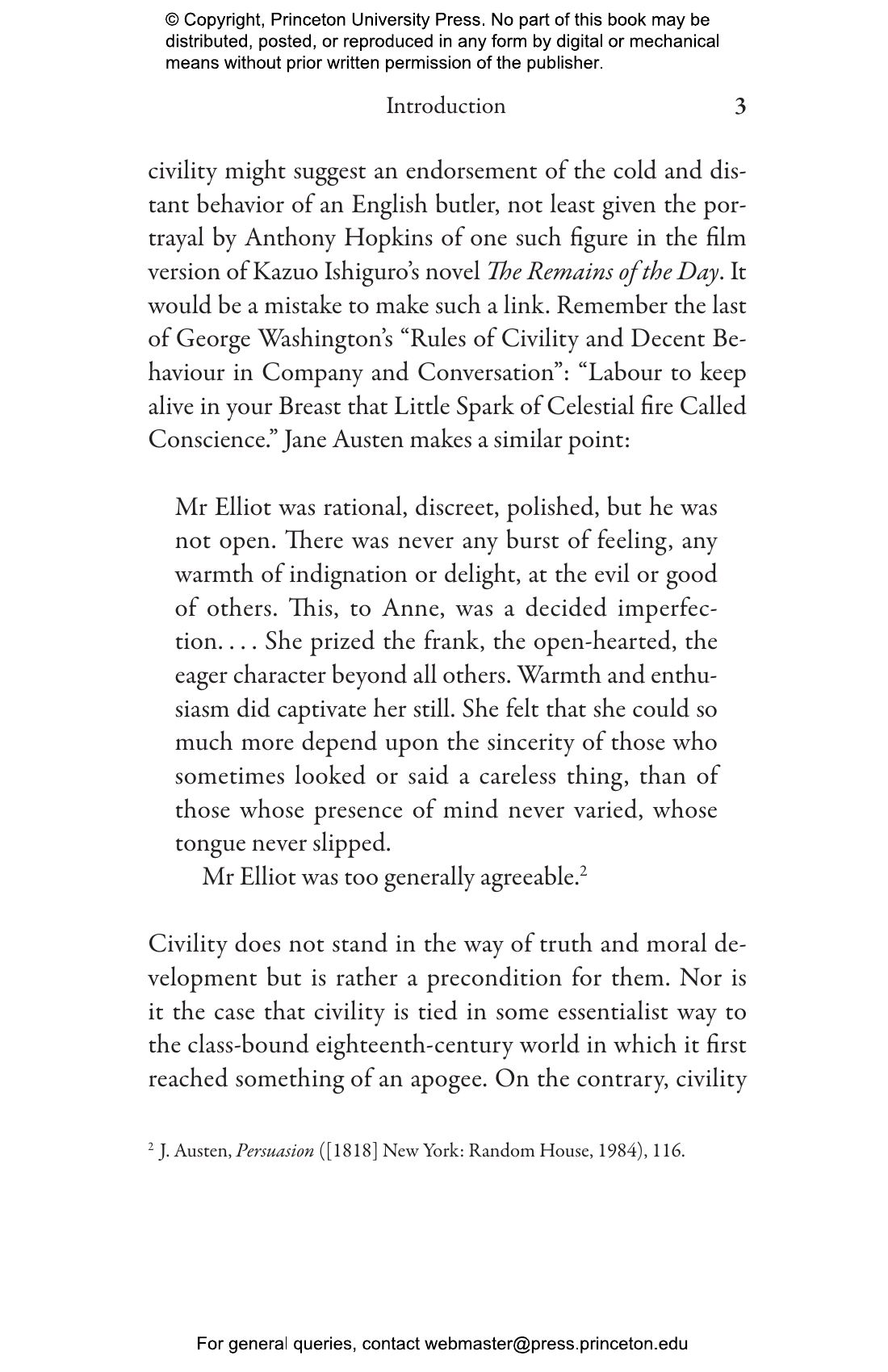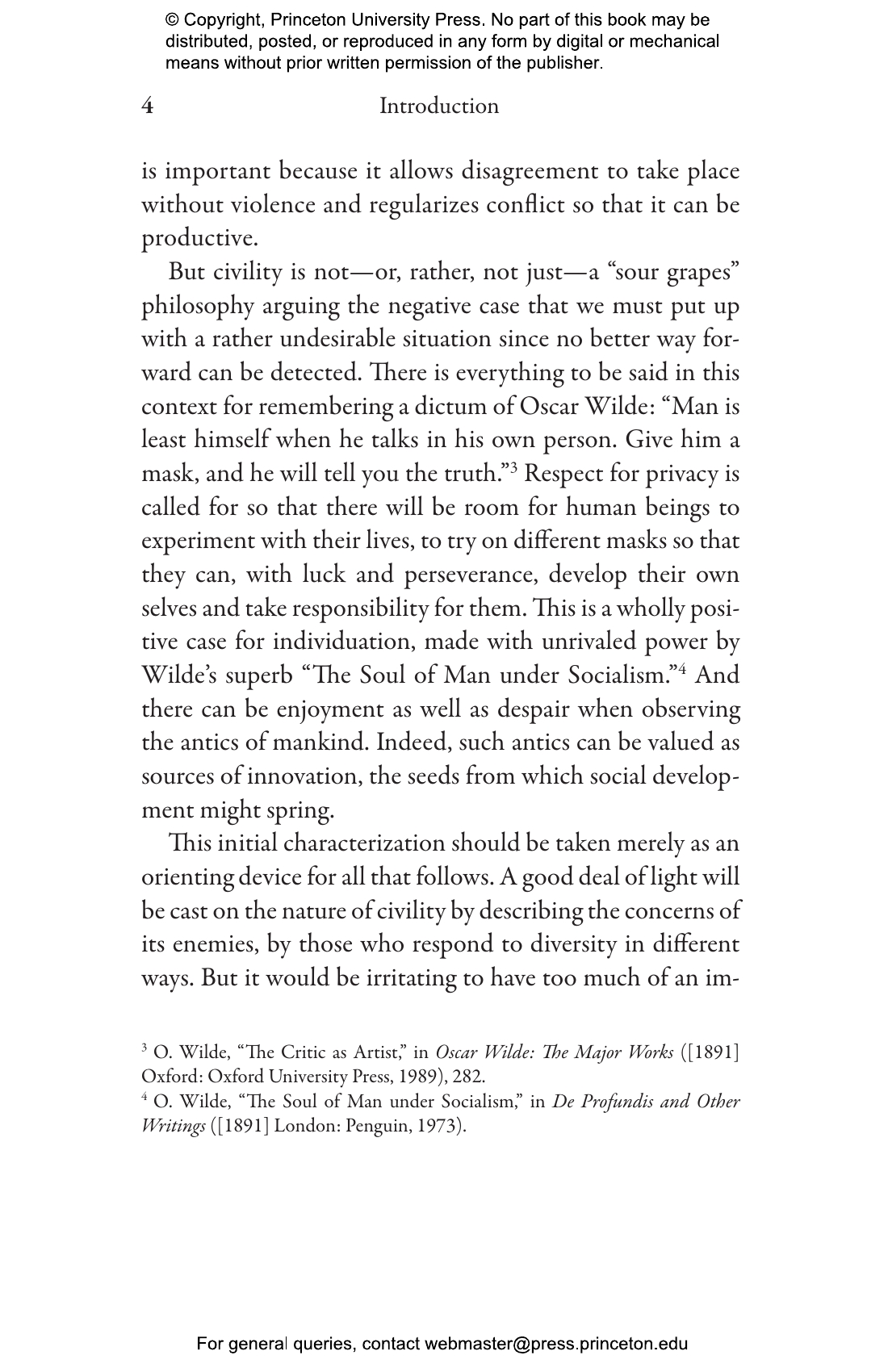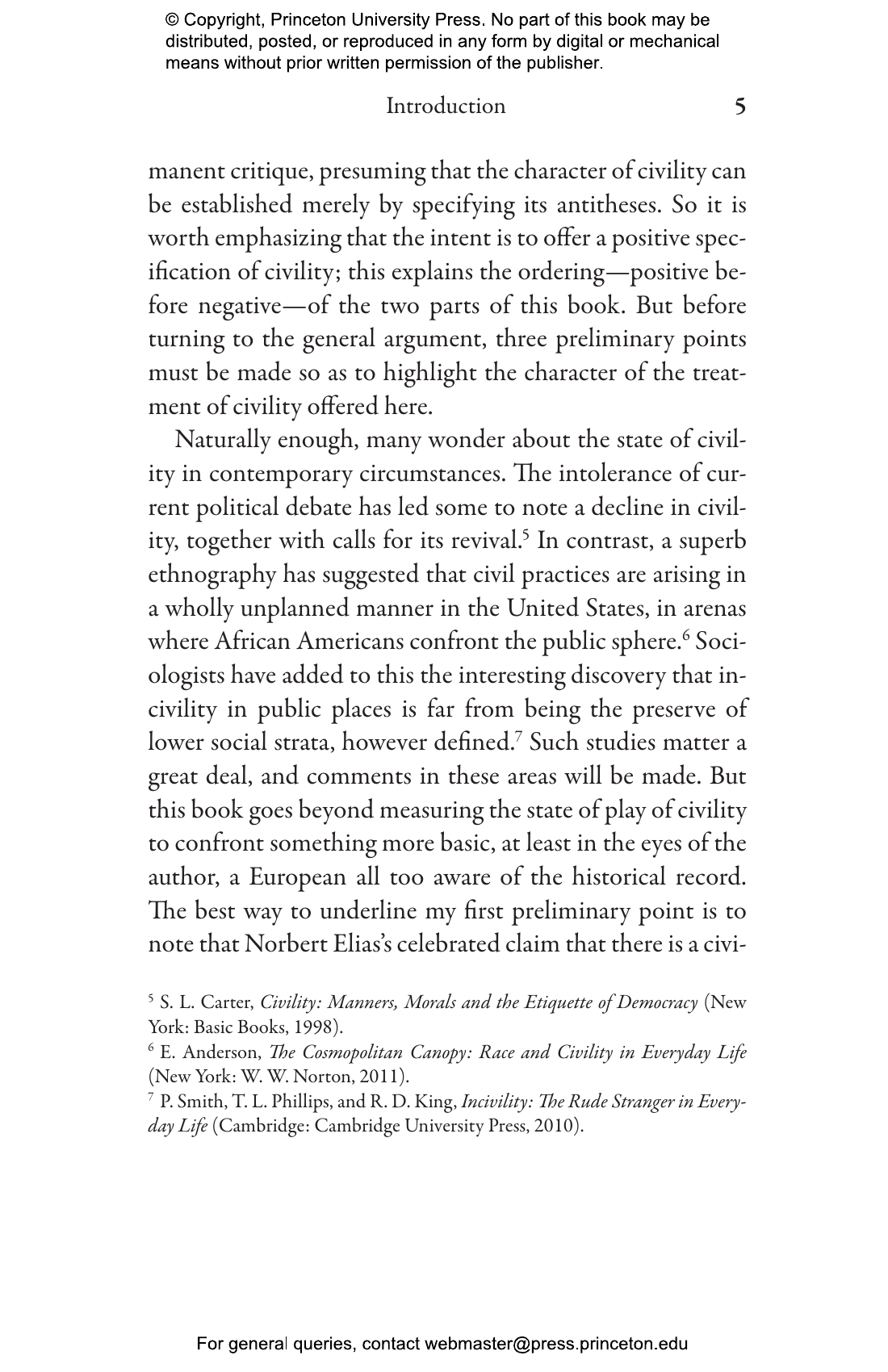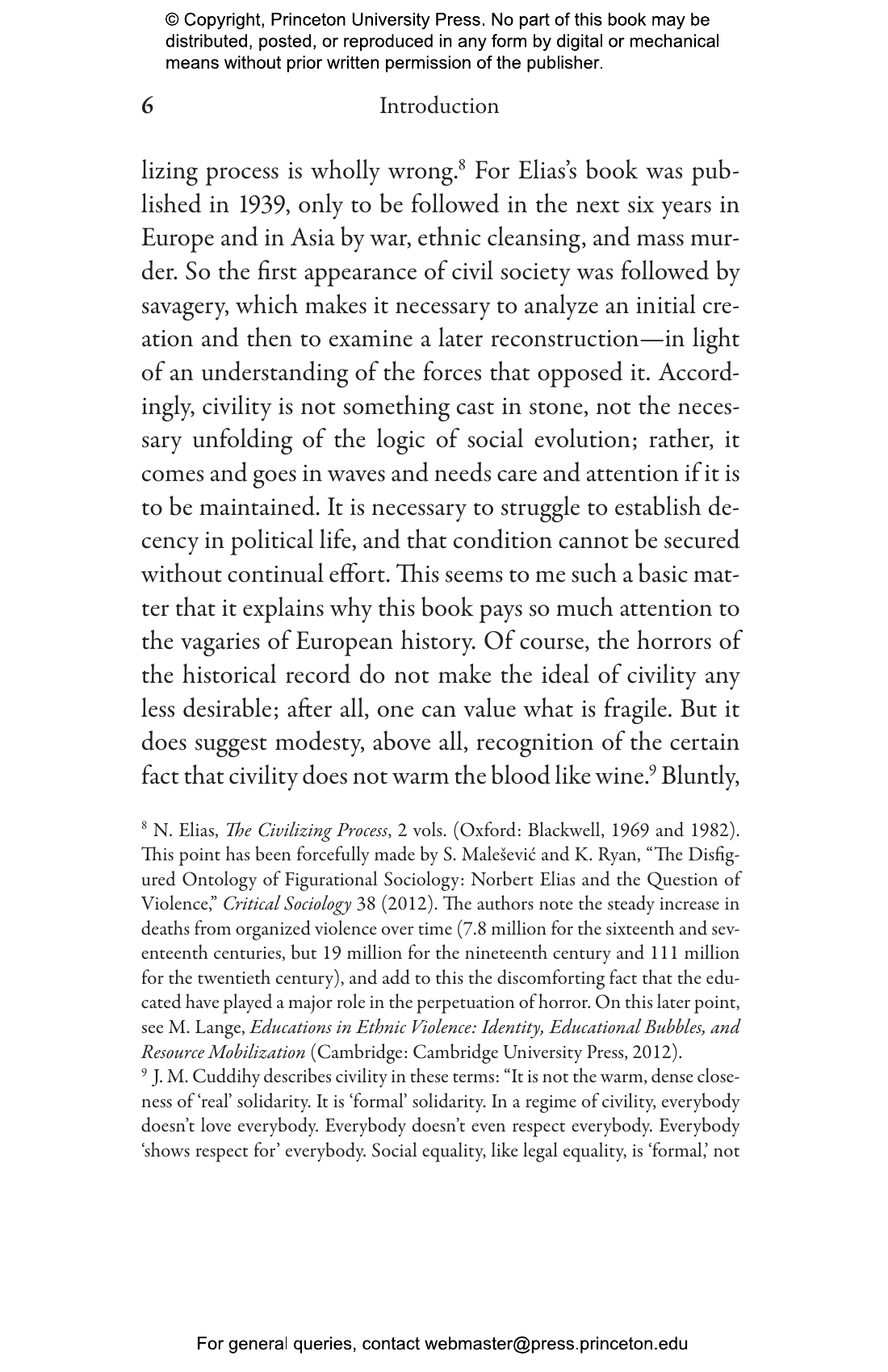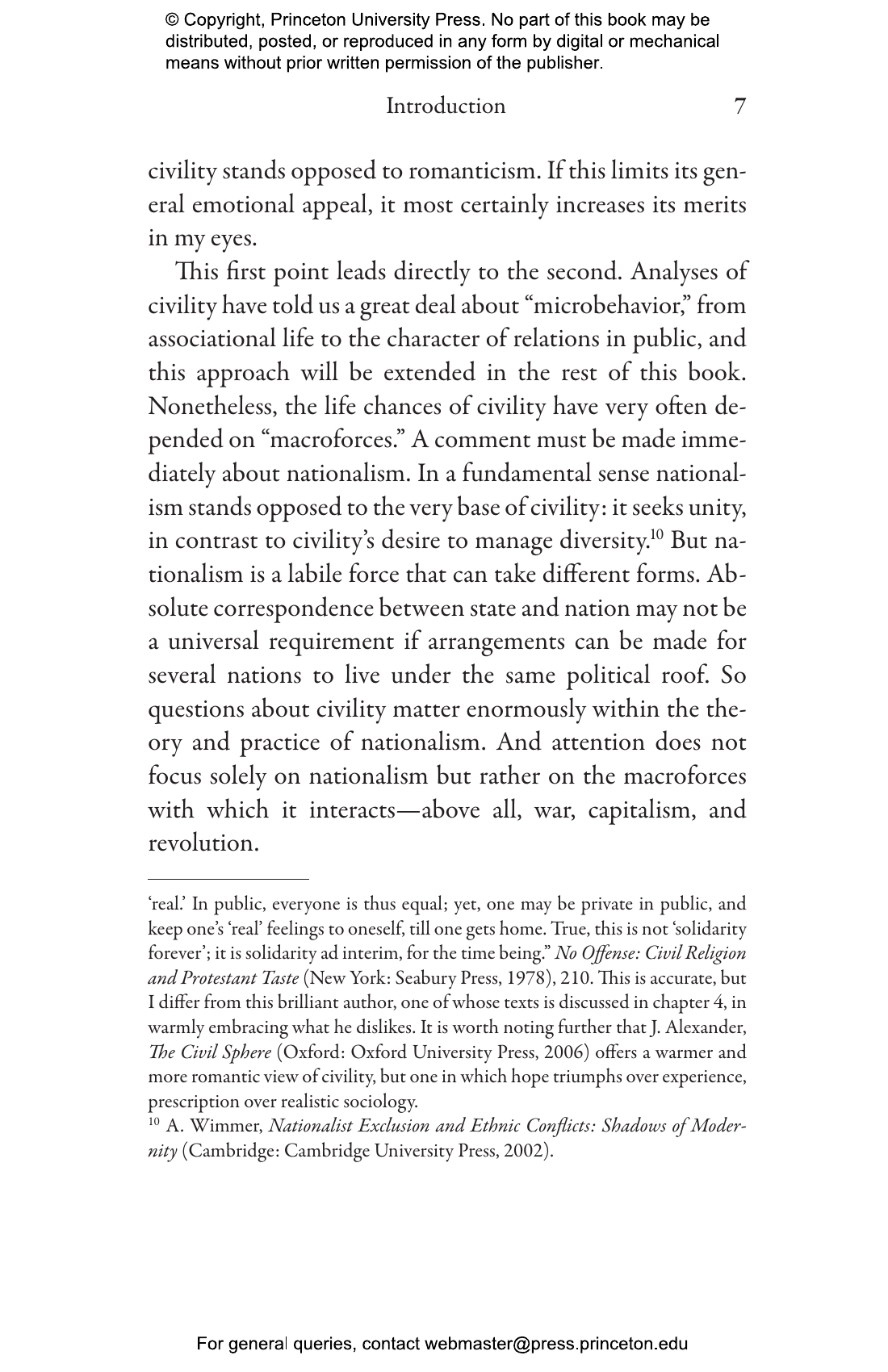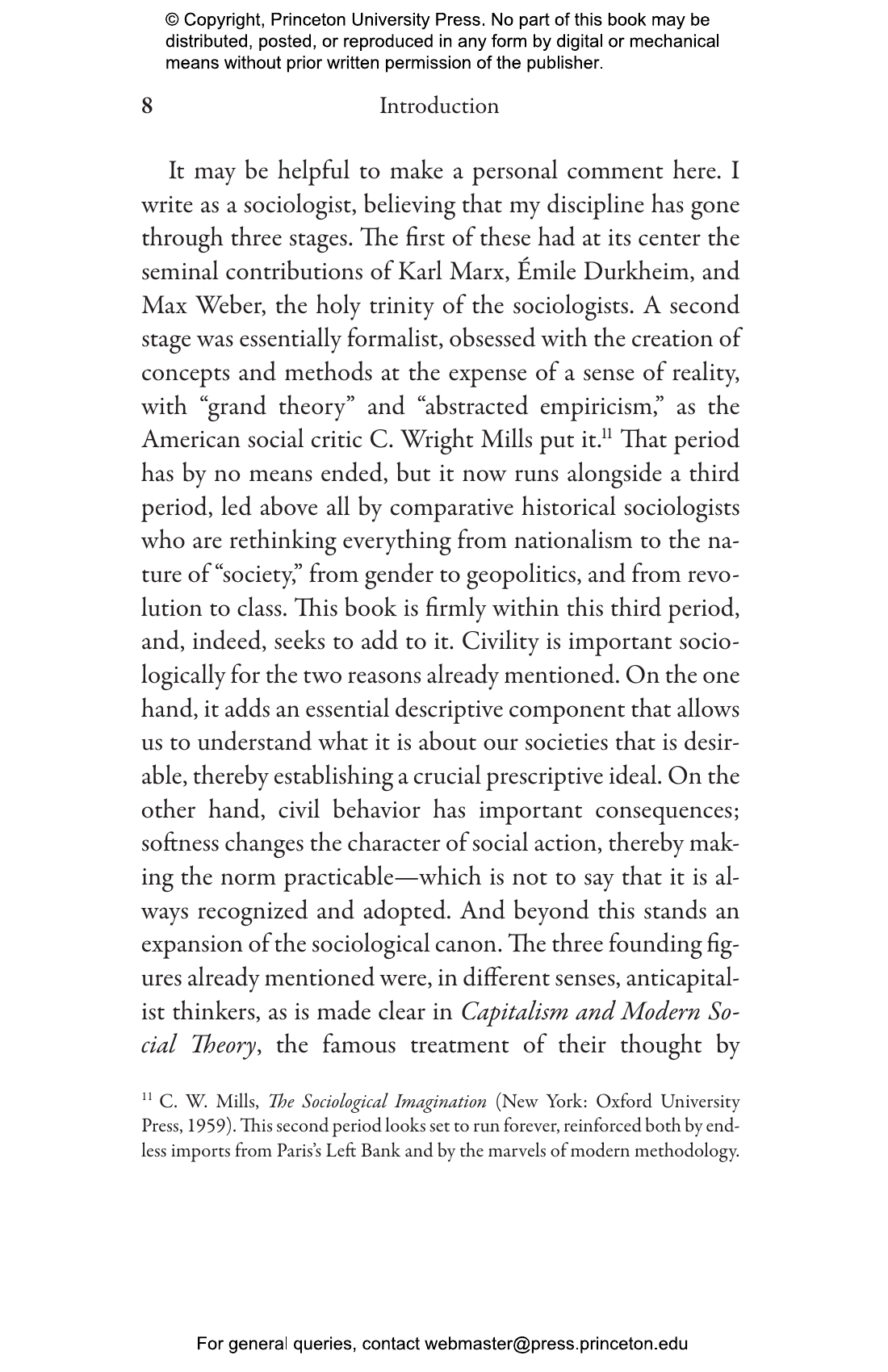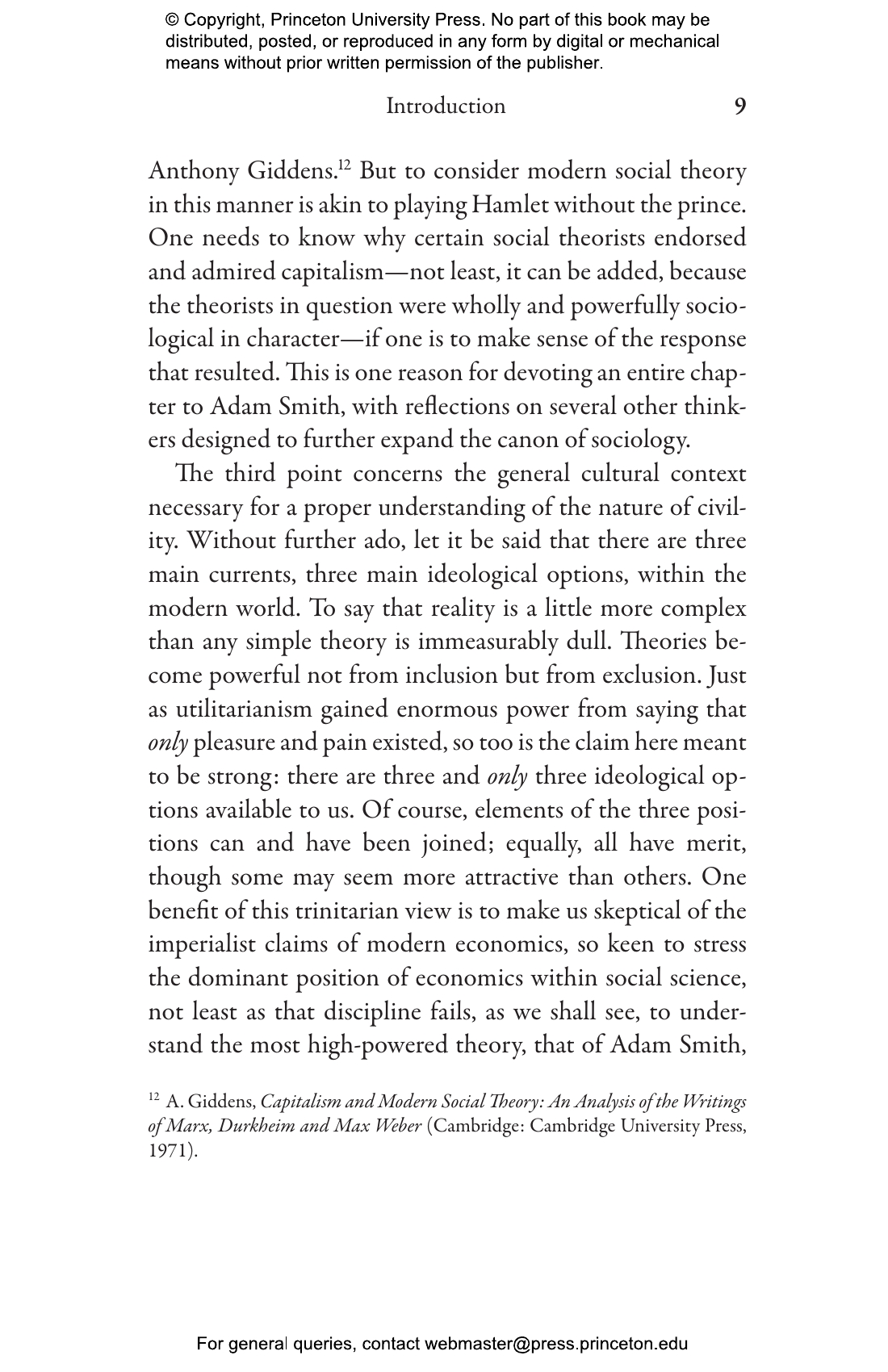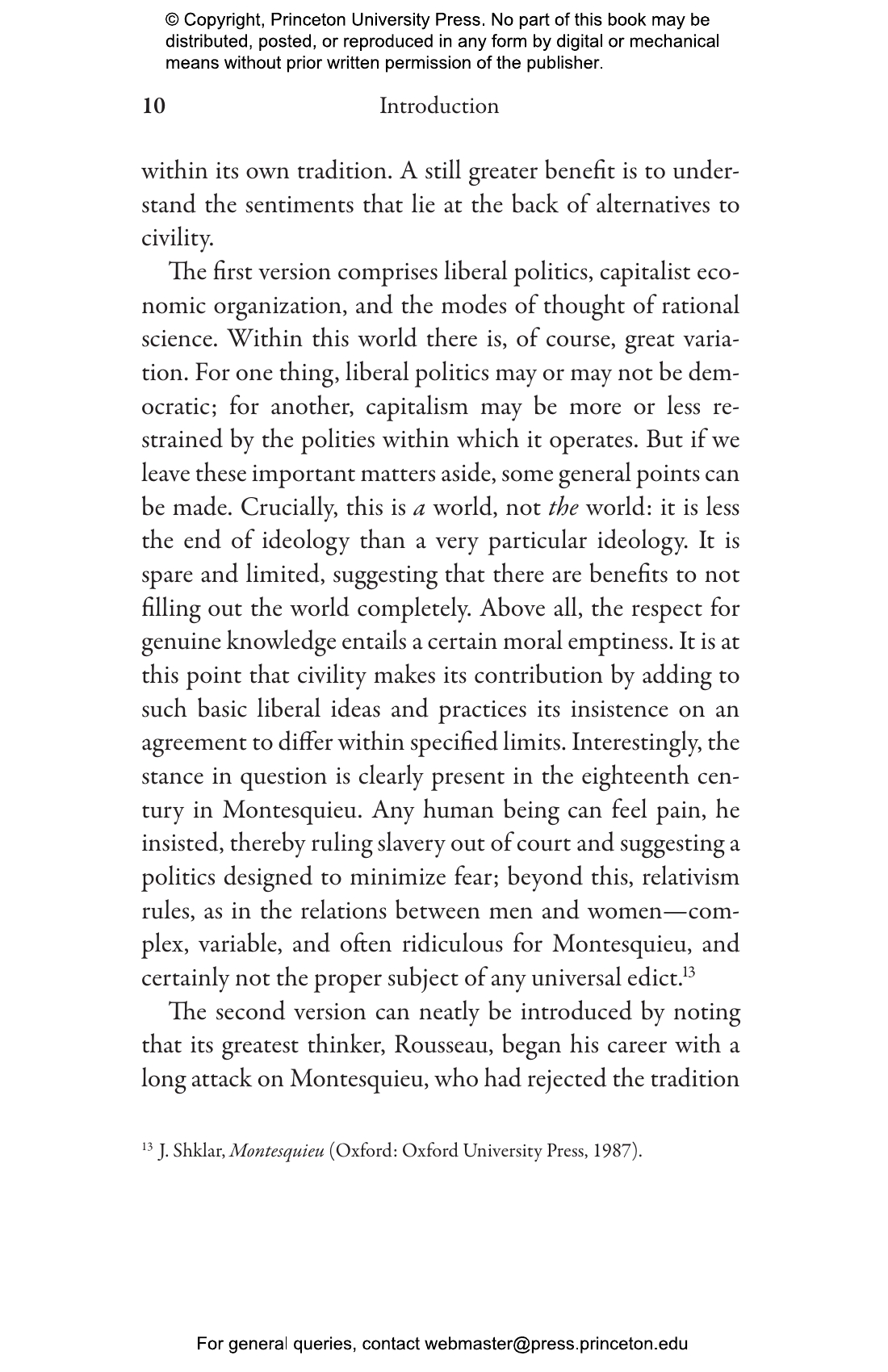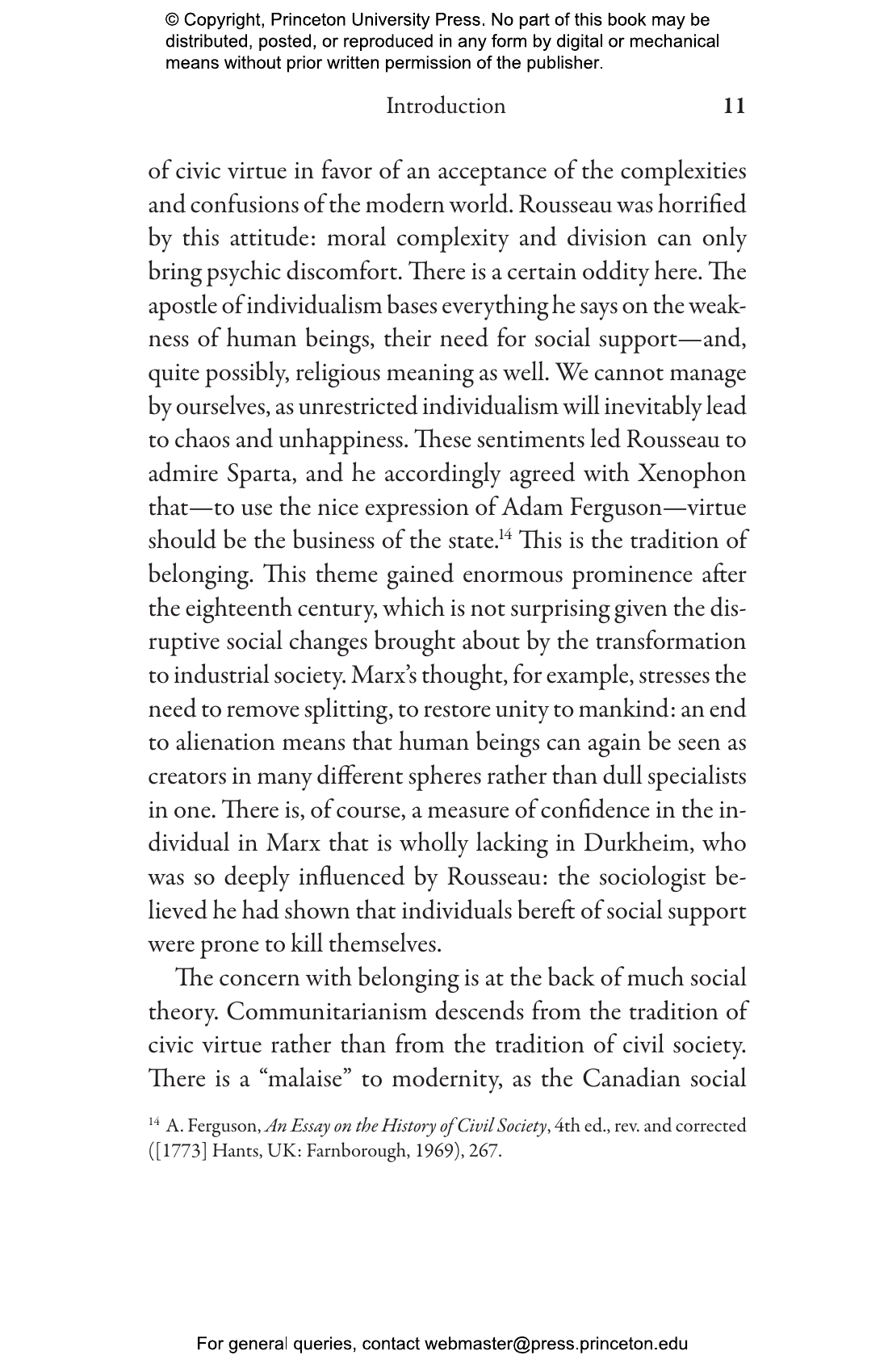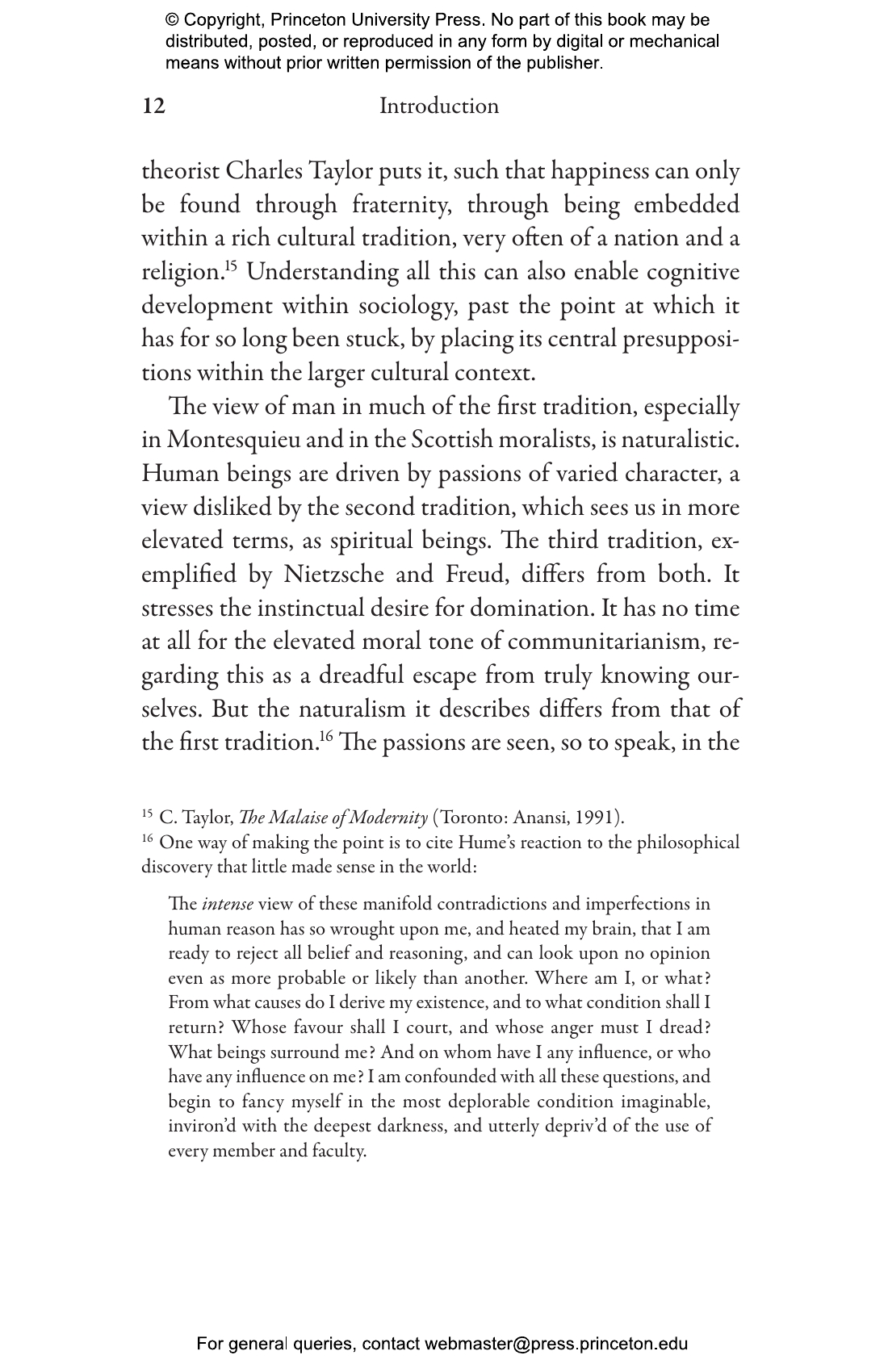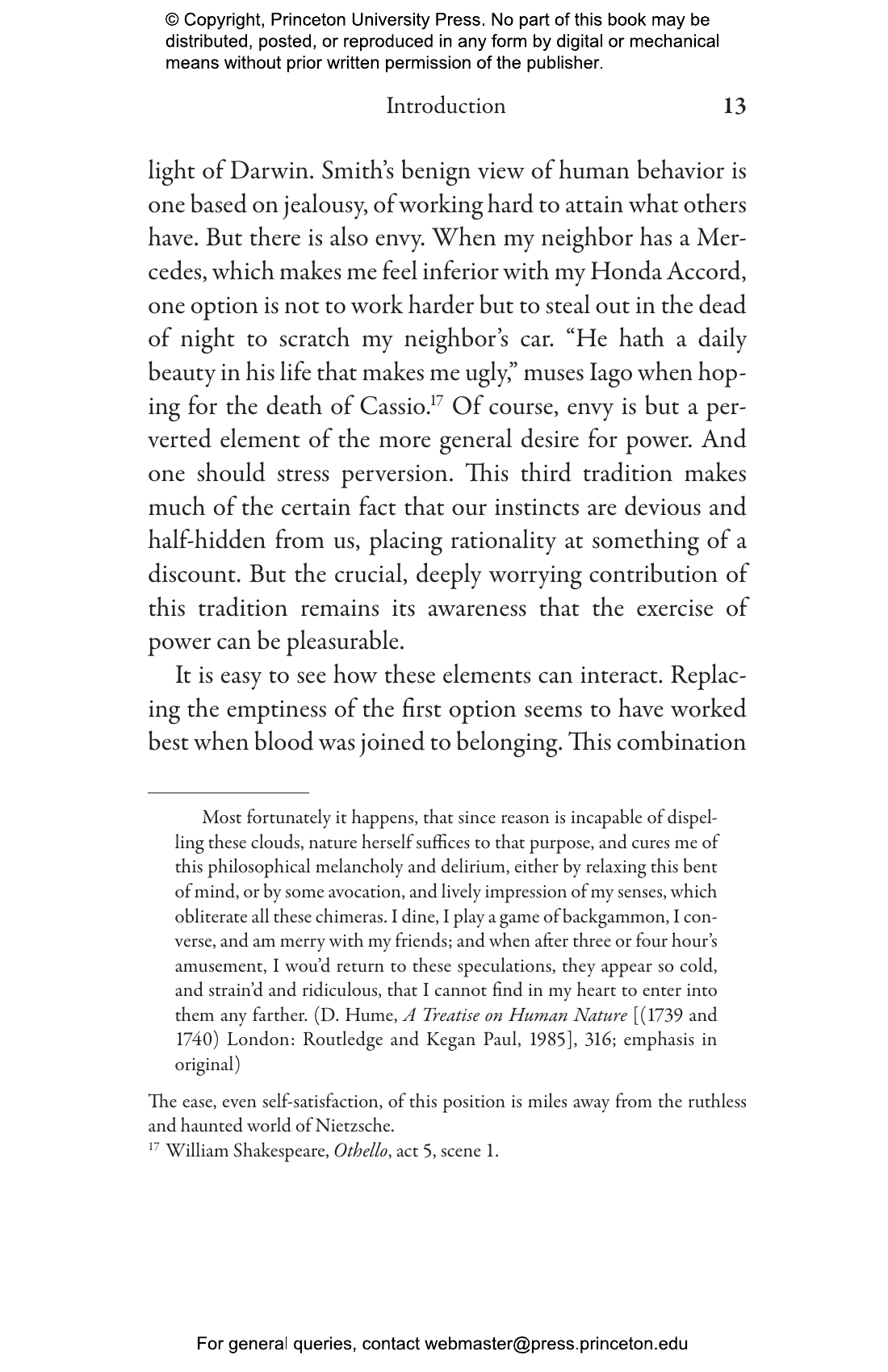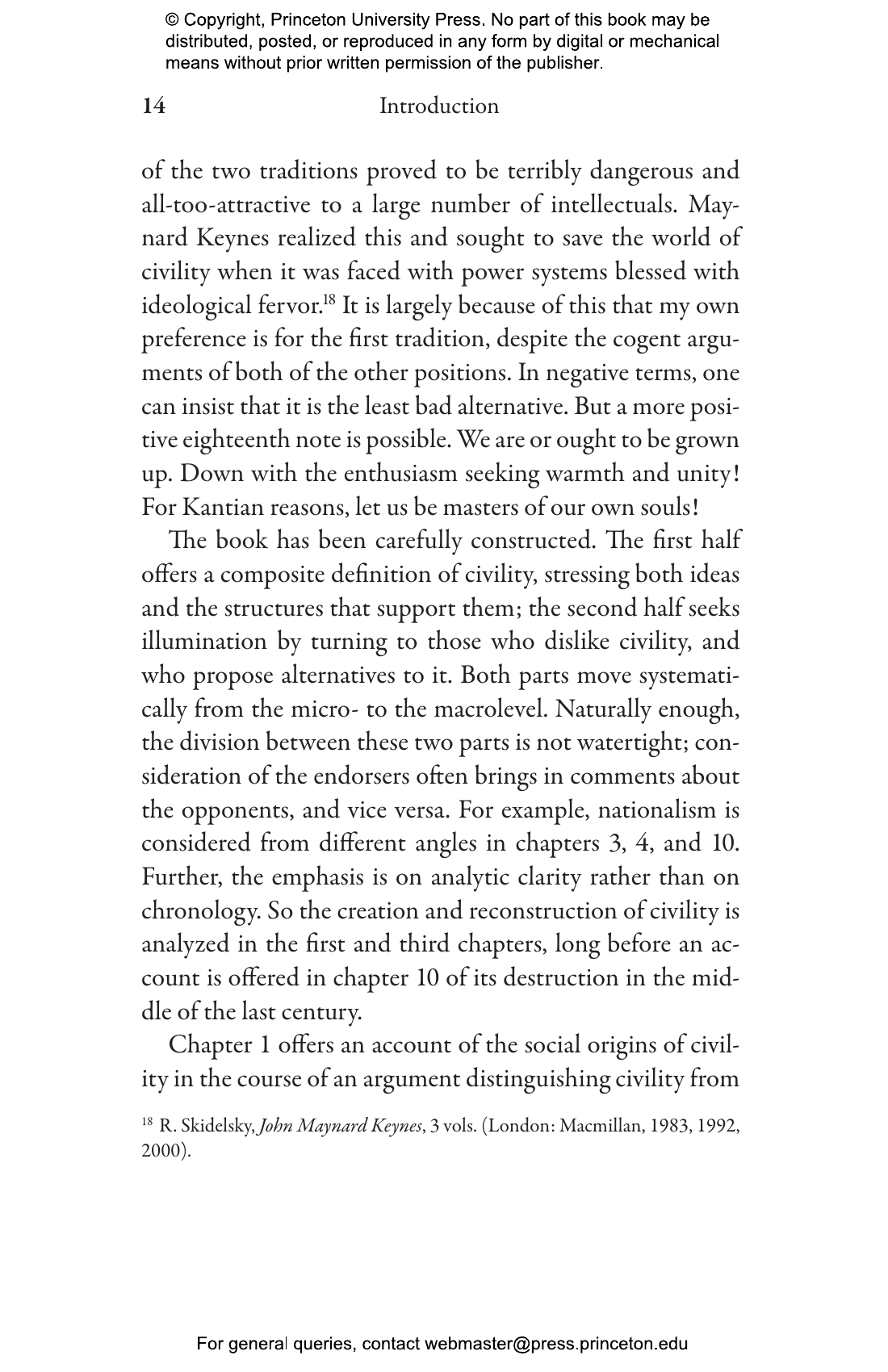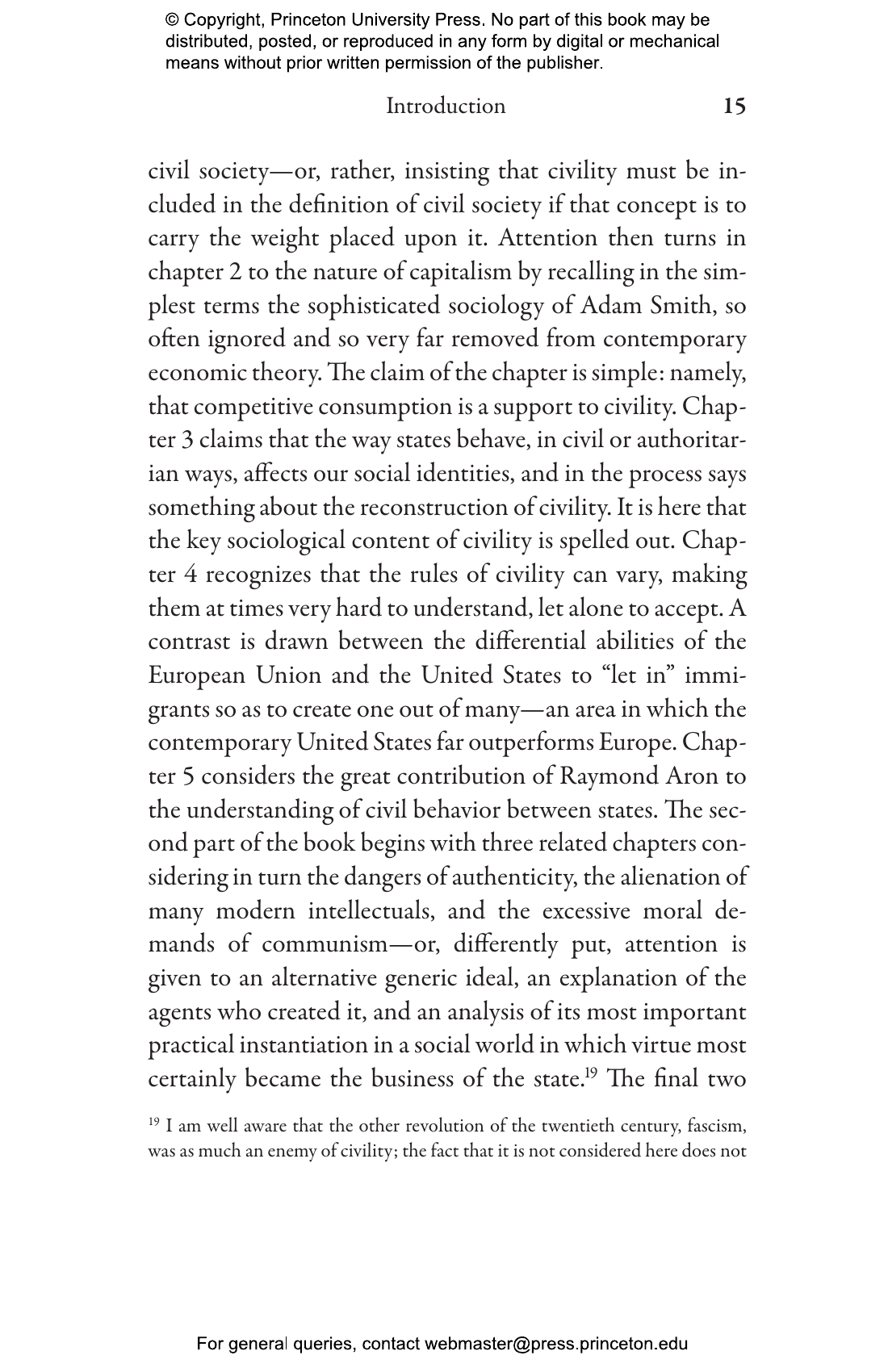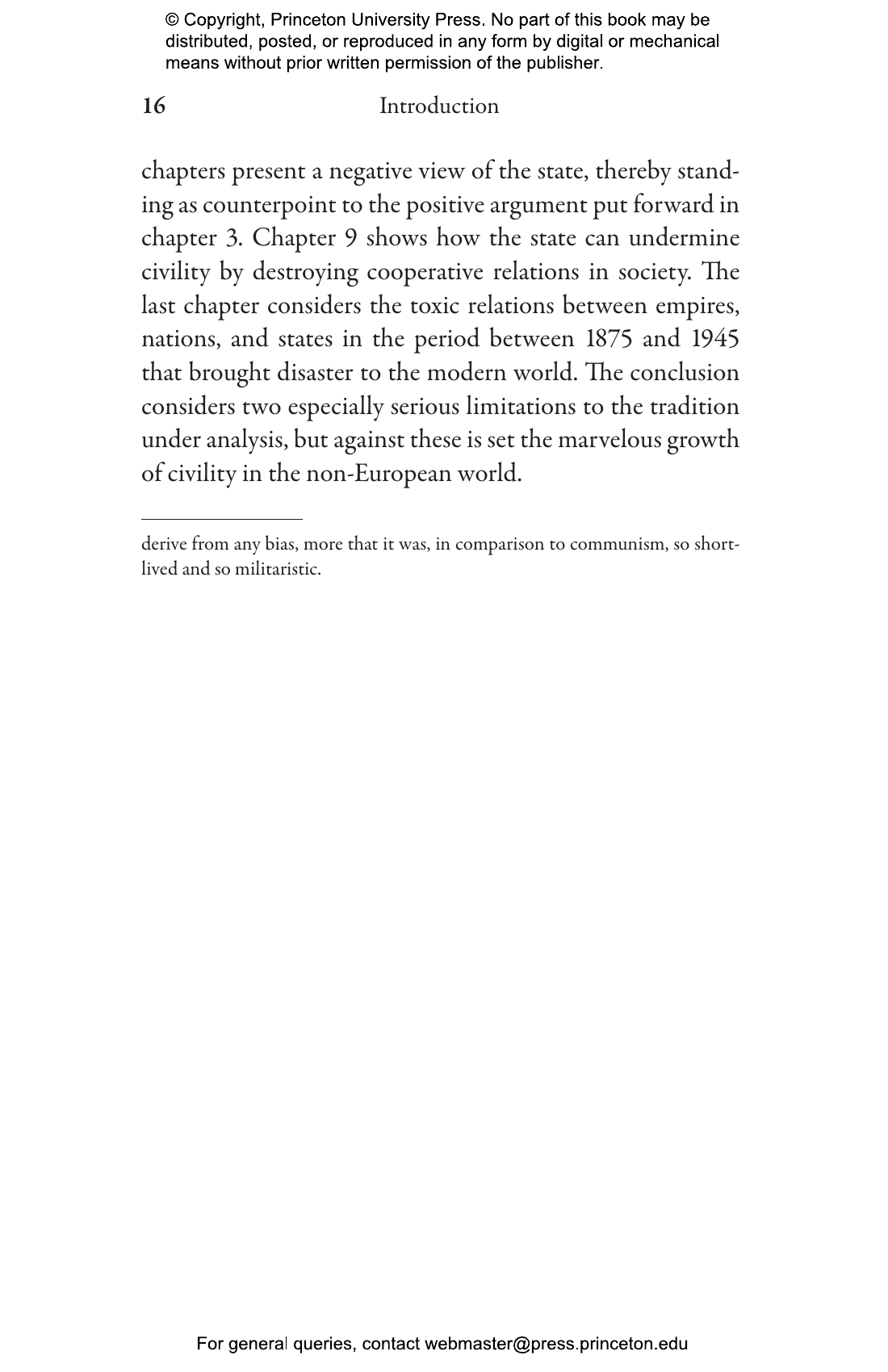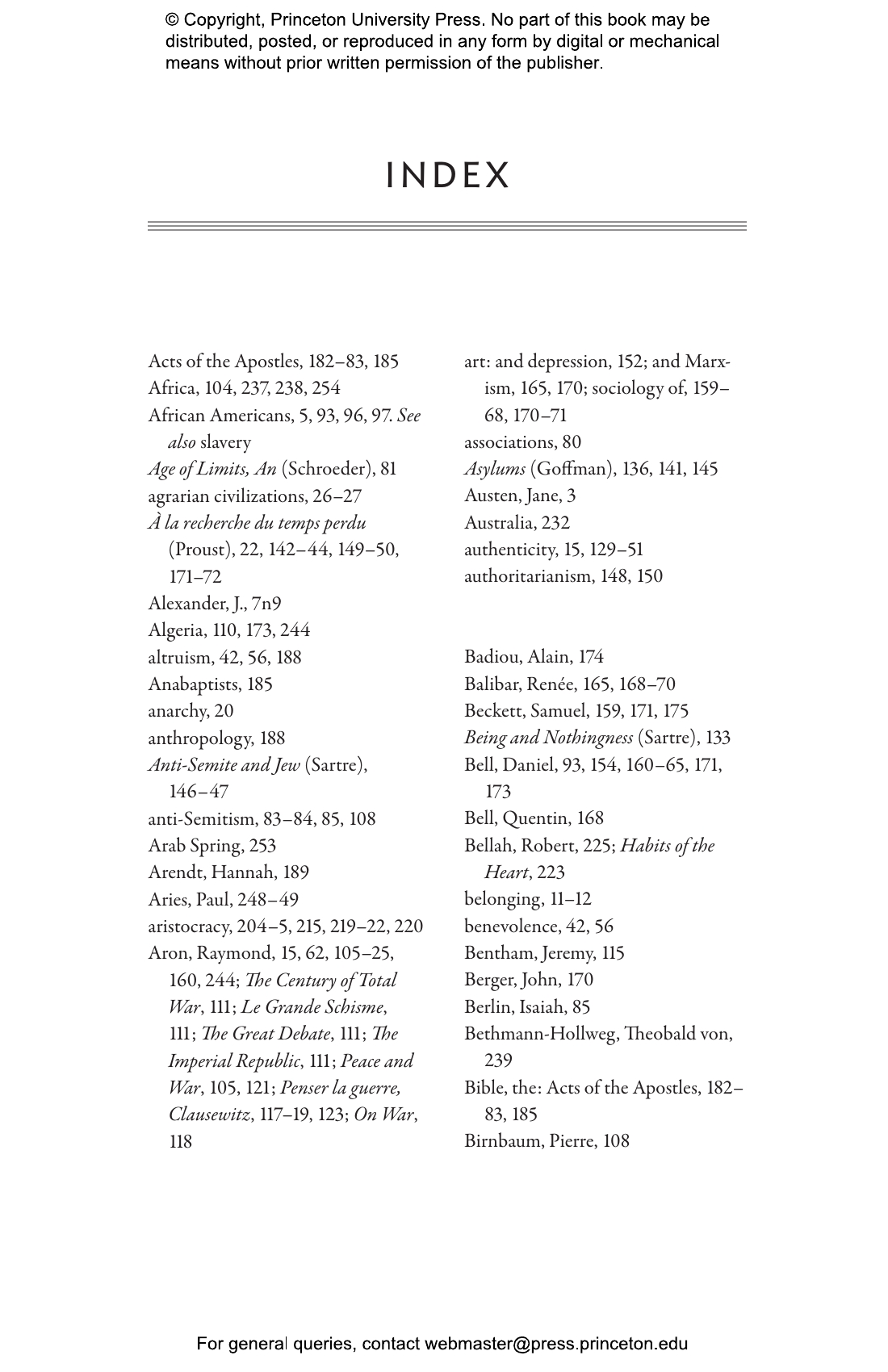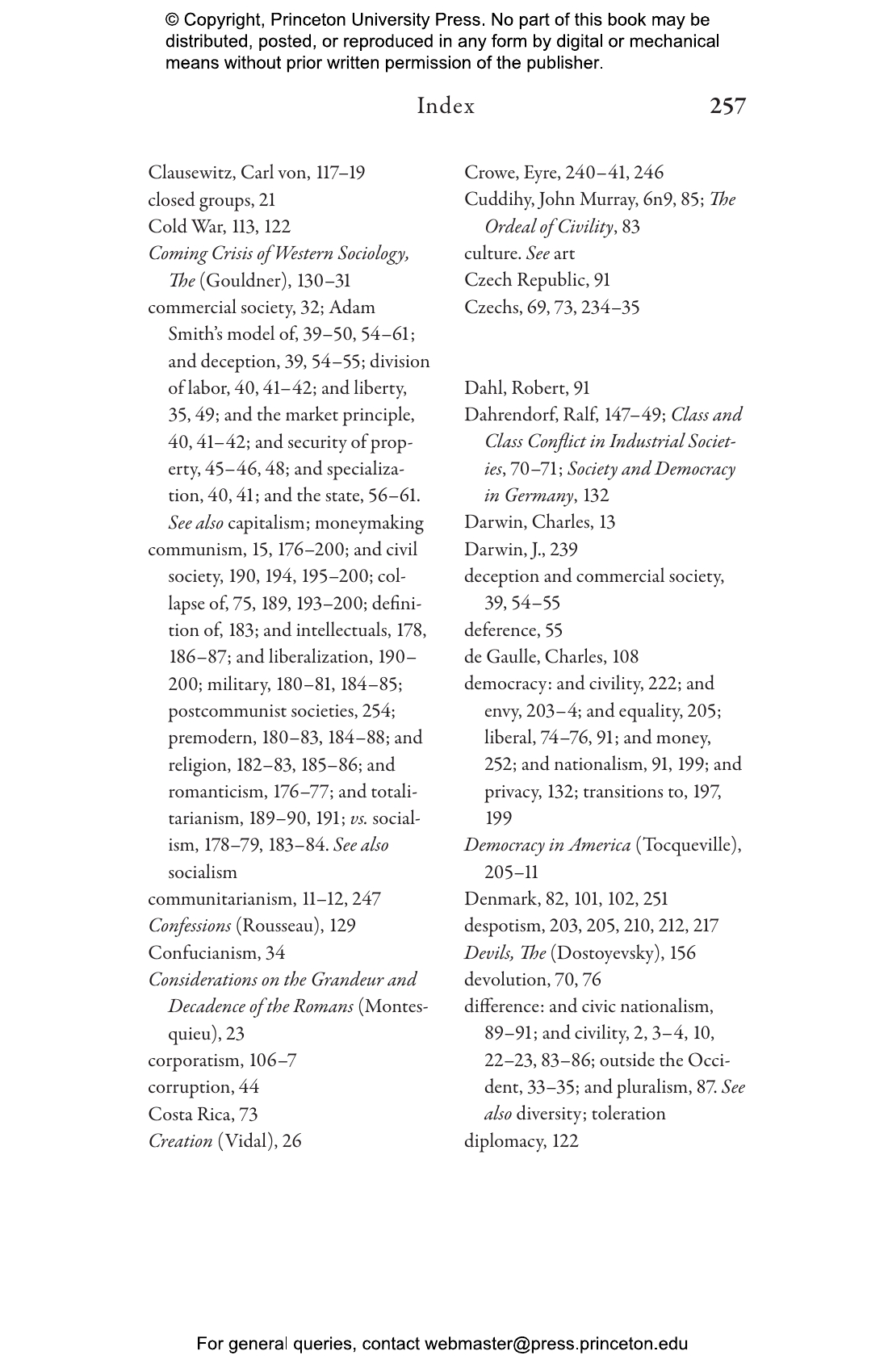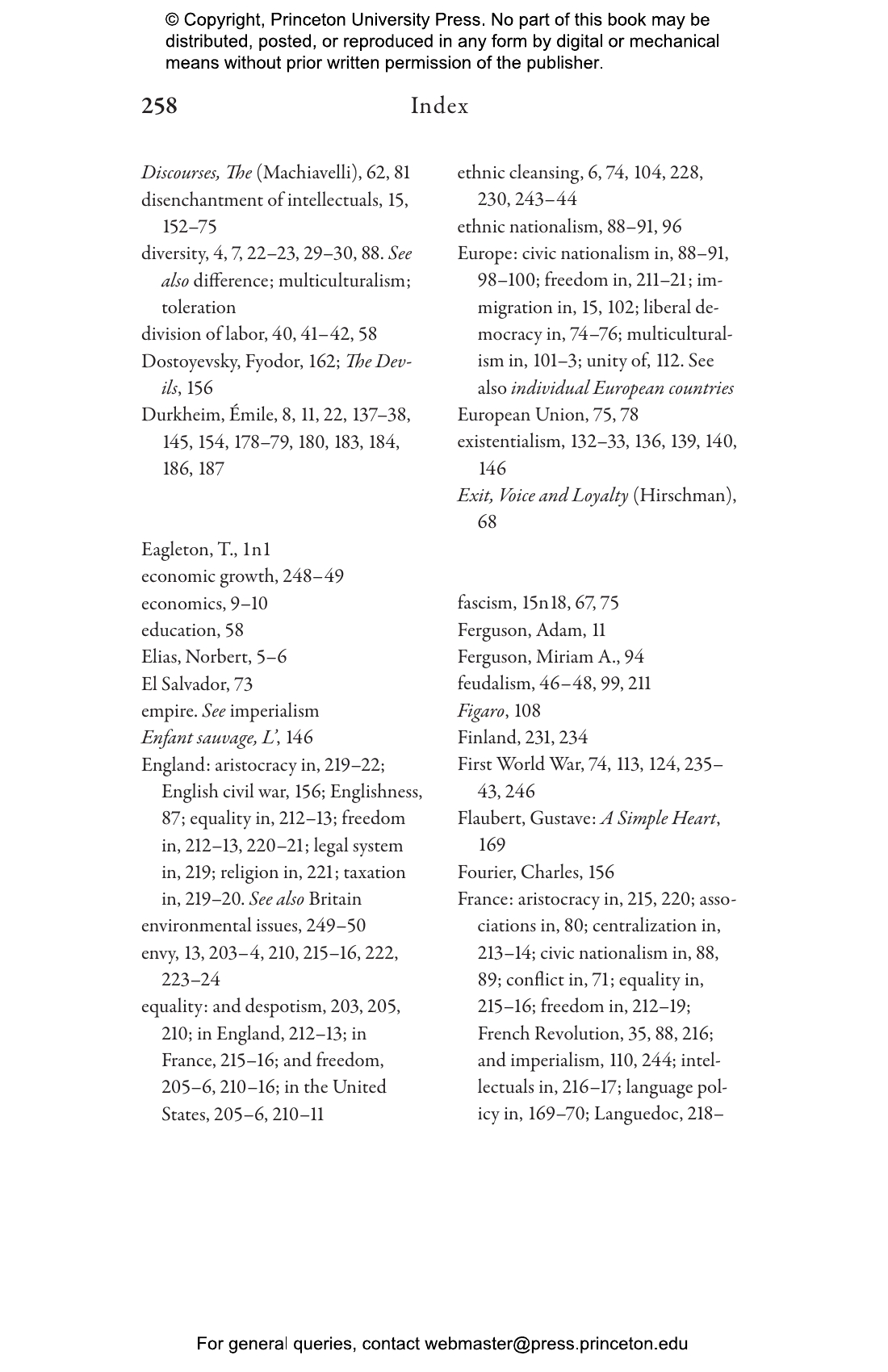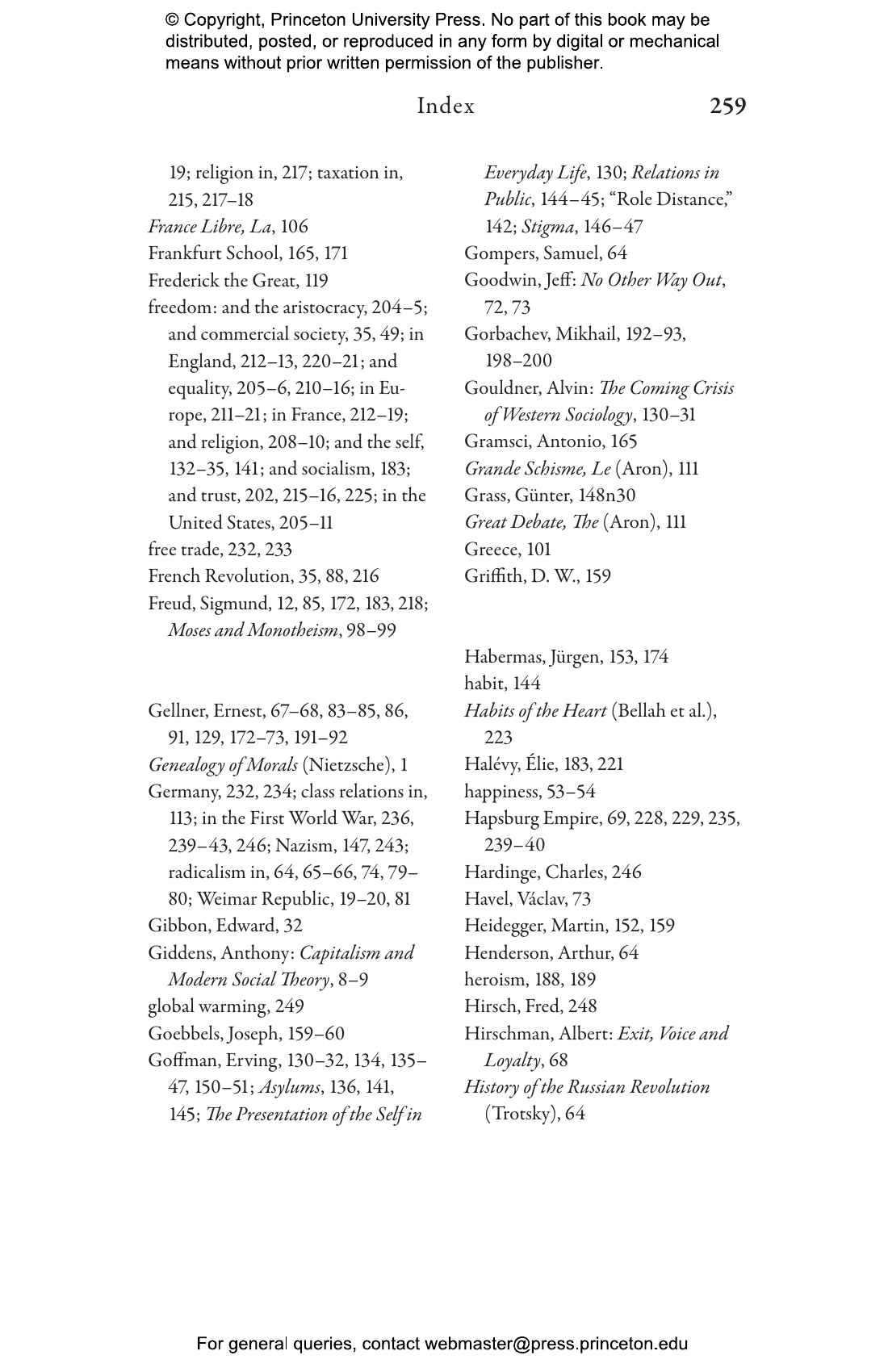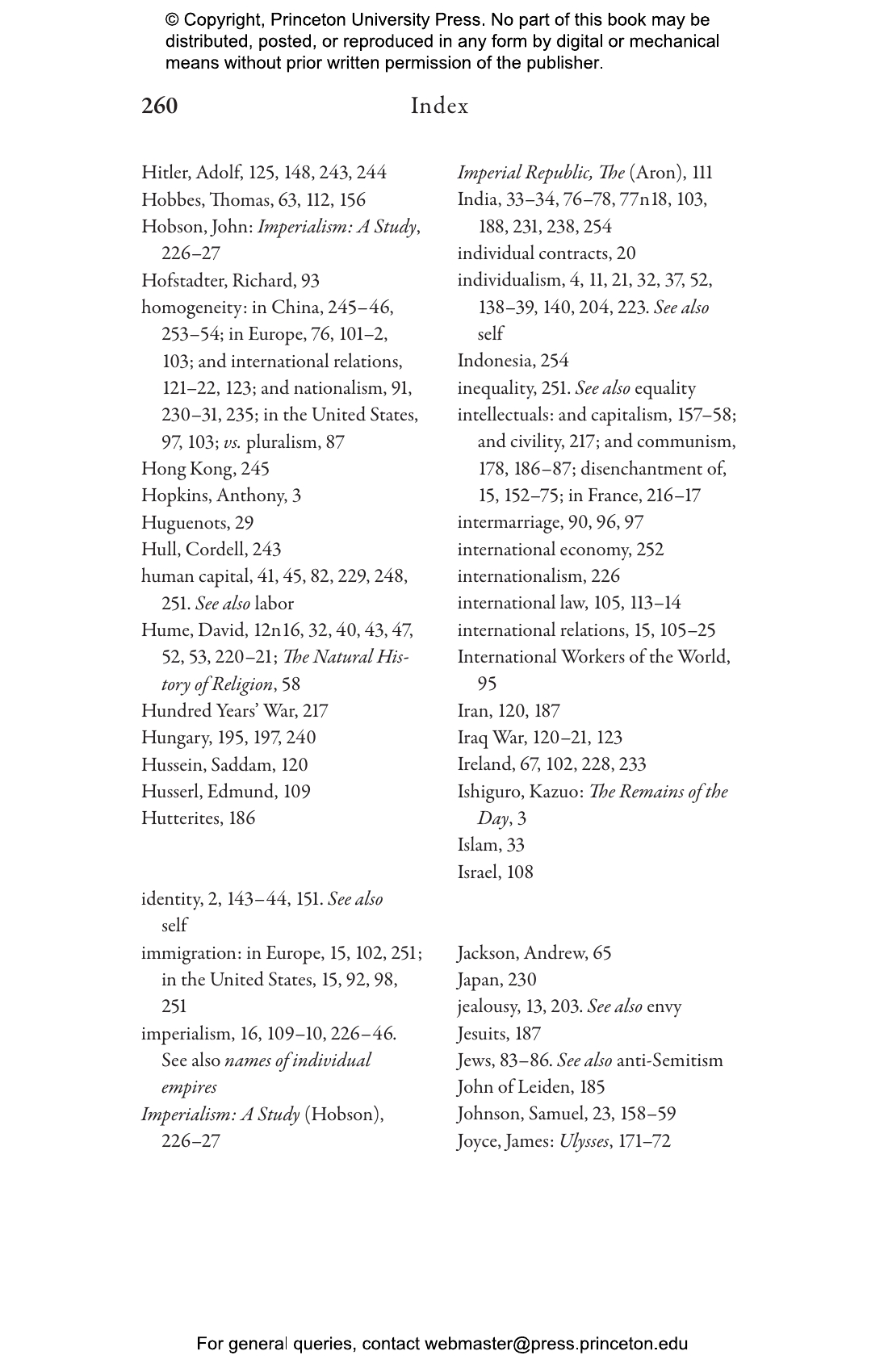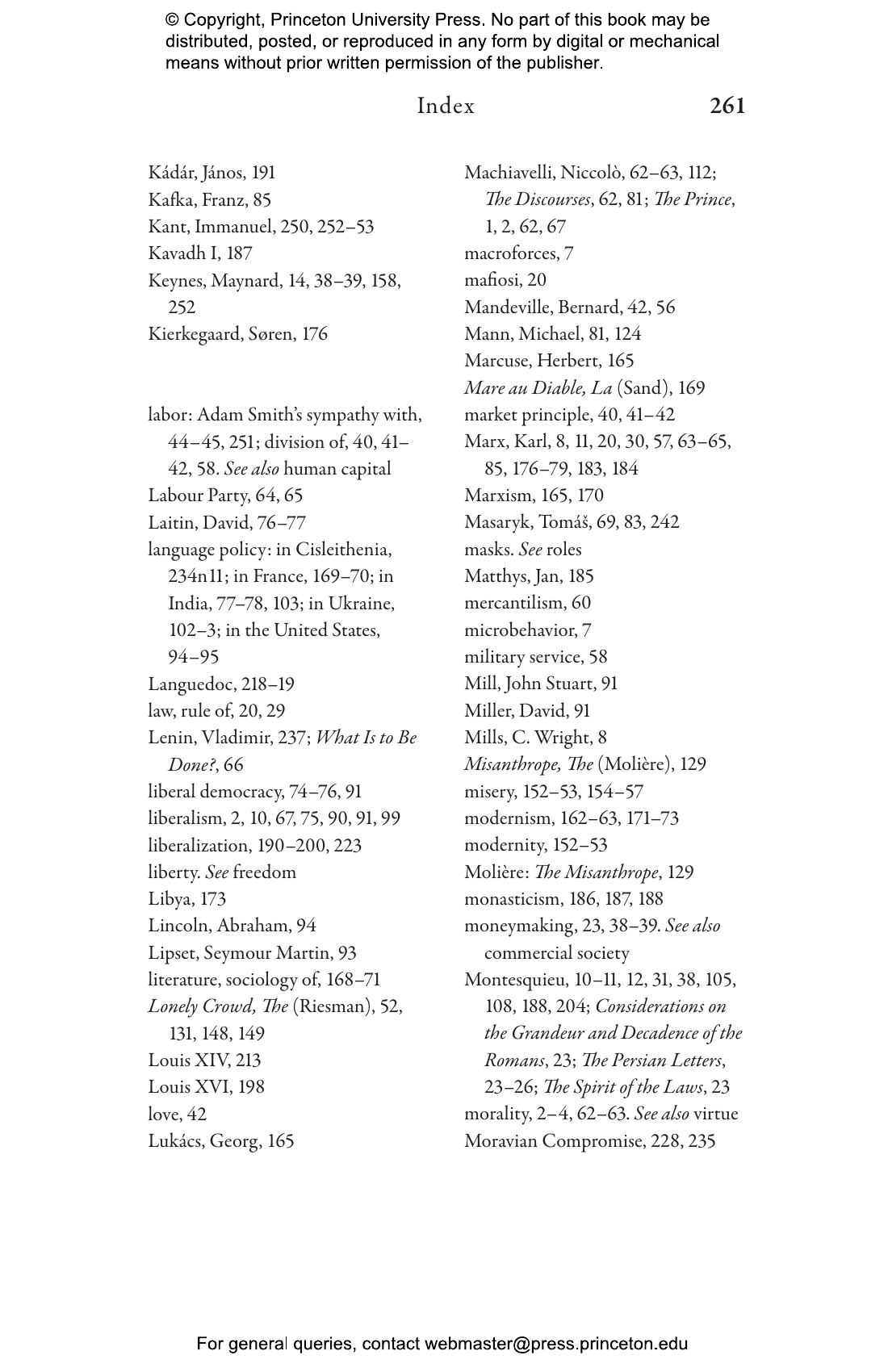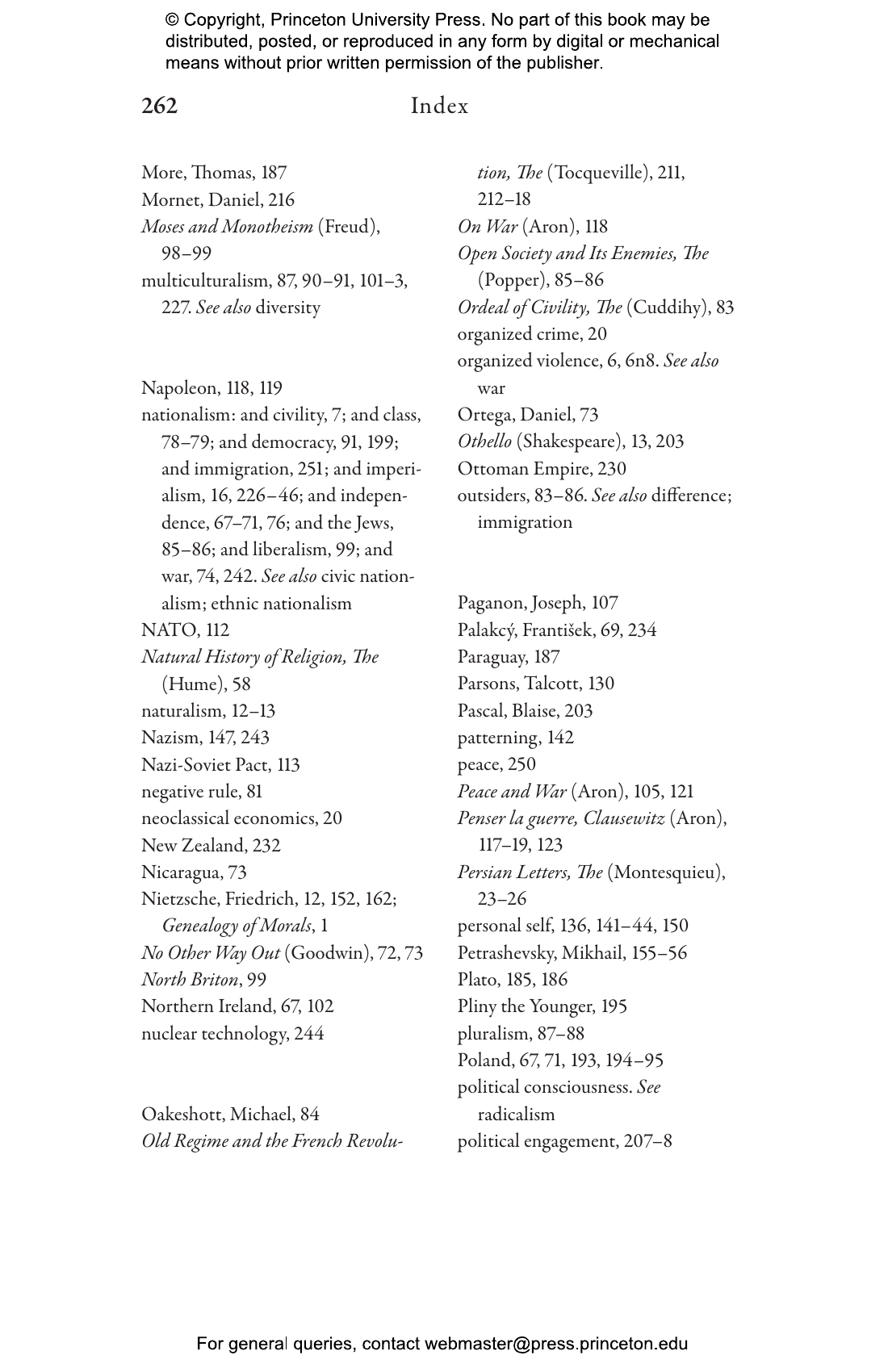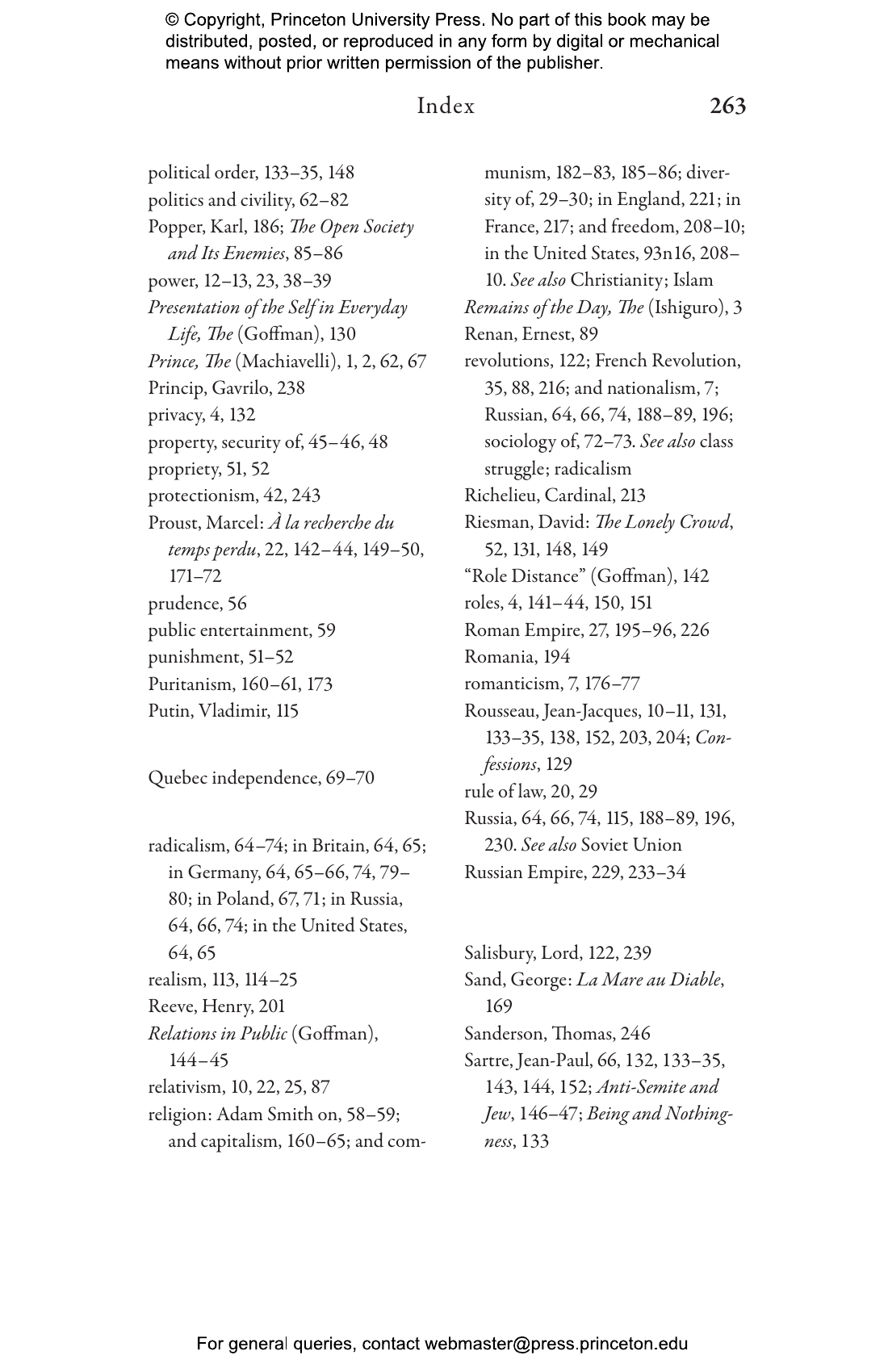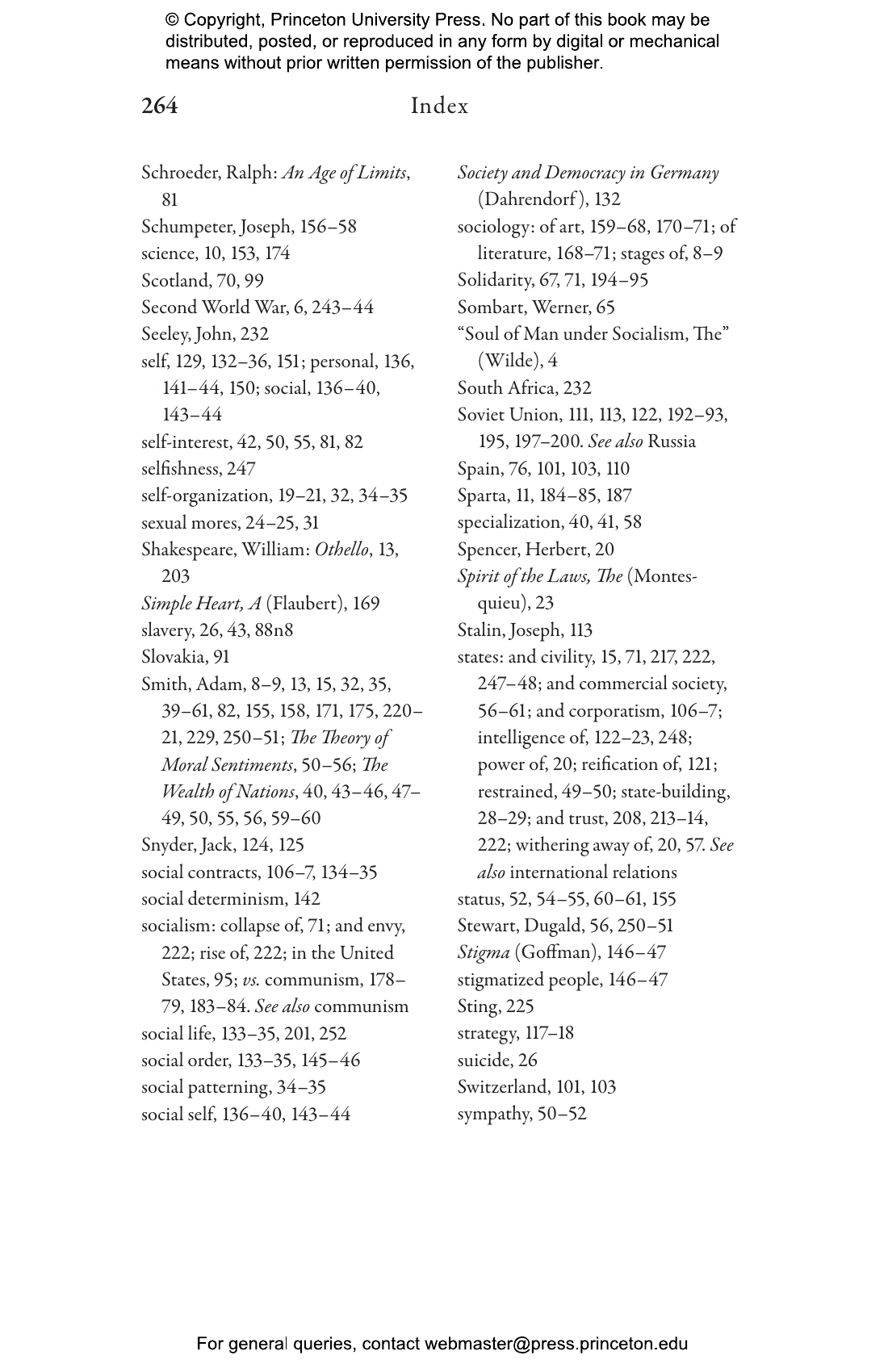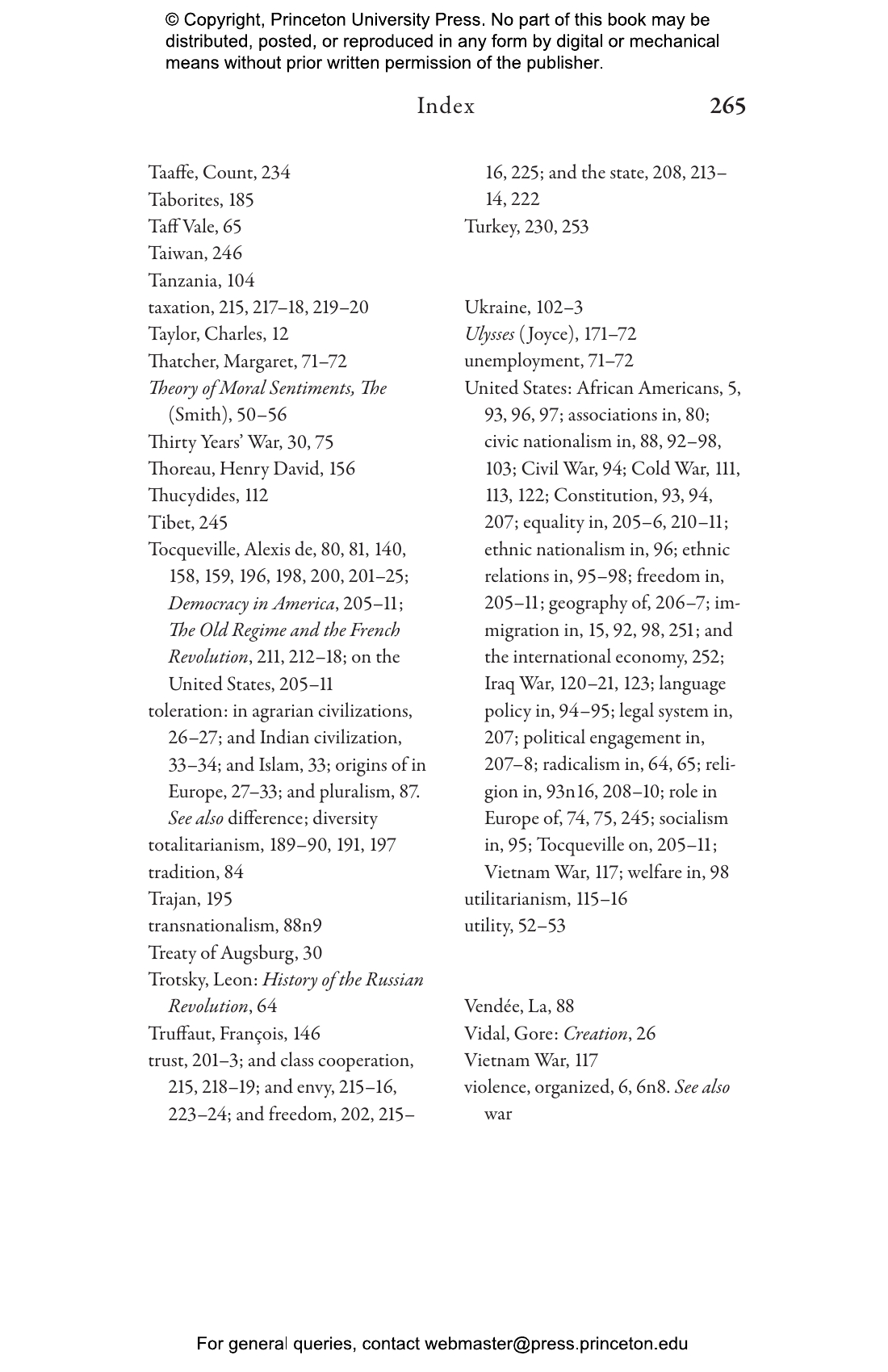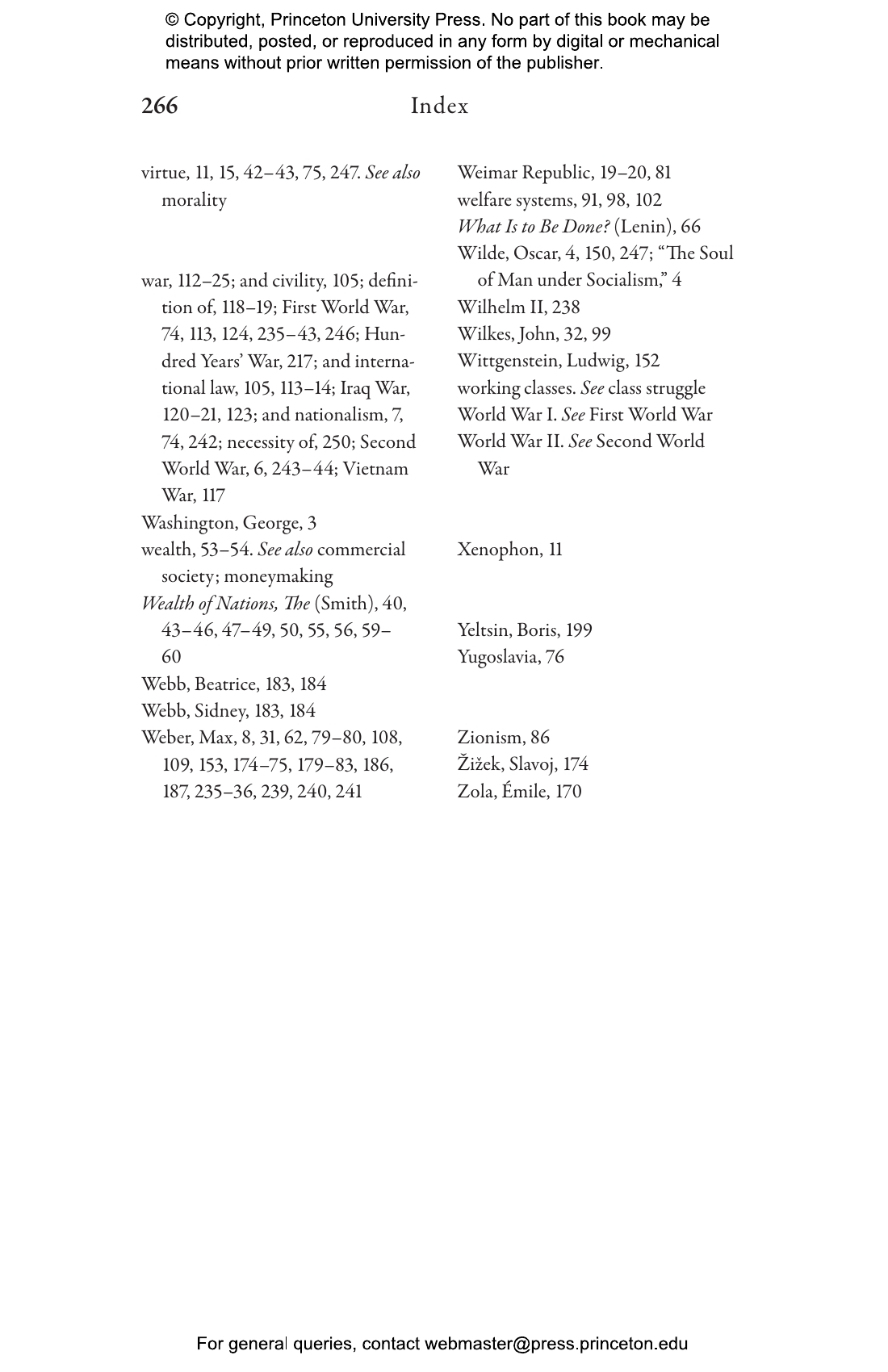Civility is desirable and possible, but can this fragile ideal be guaranteed? The Importance of Being Civil offers the most comprehensive look at the nature and advantages of civility throughout history and in our world today. Esteemed sociologist John Hall expands our understanding of civility as related to larger social forces—including revolution, imperialism, capitalism, nationalism, and war—and the ways that such elements limit the potential for civility.
Combining wide-ranging historical and comparative evidence with social and moral theory, Hall examines how the nature of civility has fluctuated in the last three centuries, how it became lost, and how it was reestablished in the twentieth century following the two world wars. He also considers why civility is currently breaking down and what can be done to mitigate this threat.
The Importance of Being Civil is a decisive and sophisticated addition to the discussion of civility in its modern cultural and historical contexts.
"In this insightful, well-argued examination of civility (defined as a tolerance and respect for different points of view), McGill University sociologist Hall argues that civility is the crucial foundation for a successful civil society. . . . This is a much-needed book for today's contentious world."—Publishers Weekly
"The Importance of Being Civil is a meandering tour through centuries of Western history in the company of Hall, a guide who has led such excursions for decades. As a narrative well-stocked with quotes from carefully chosen thinkers—Machiavelli, Adam Smith, and Tocqueville—and analytic observations that Hall has polished to brilliance through repeated delivery, the book will please both political scientists and casual readers with an interest in the tribulations, triumphs, and prospects of civility."—ForeWord
"Tracing Western socio-structural development that created multiple centers of power, Hall ably presents the work of various theorists in ways that support the book's central theme: the utility and, indeed, the necessity of providing suitable alternatives to extreme reactions in various junctures of social stress and crises. . . . Hall is careful to continually note the fragility of civility, not only as a chosen practice, but also with regard to the cultural and socio-structural backgrounds of various actors, ideologies, and philosophies diminishing the potential for civility. Of particular interest is Hall's skill in melding the micro- and macro-sociological."—Choice
"The Importance of Being Civil is an interesting and thought-provoking book. . . . [I]t is well worth engaging with this work."—Andrew Linklater, Human Figurations
"As would be expected from an intellect of such standing, this is a masterful work. It is rich in ideas, and Hall's readings of authors such as Adam Smith, Alexis de Tocqueville, Raymond Aron, Erving Goffman and Daniel Bell are profoundly insightful. There is little question that the book makes a major contribution to contemporary debates on civility and civil society."—Jason Edwards, Political Theory
"This highly original book is a major contribution to the study of civility and civil society, as well as sociological theory, nationalism studies, the history of ideas, and political theory. With impeccable scholarship, great erudition, rich prose, and a rare ability to integrate sophisticated historical and sociological analysis with specific recommendations, Hall provides a new understanding of civility."—Sinia Maleević, University College Dublin
"Instead of going down the well-established route of analyzing the institutional networks of civil society, this book puts civility at the center of inquiry and, from there, moves outward to its changing relations with state, nation, and empire. Admirably comparative, it makes a major contribution to the subject and current debate. I know of no book quite like this one."—Frank Trentmann, Birkbeck College, University of London
"This important and engaging book explores the surprisingly diverse range of issues in which civility plays a key role. The book will be immensely useful to both specialists interested in developing new theories and general readers trying to make sense of an evocative but elusive concept."—Bernard Yack, Brandeis University


